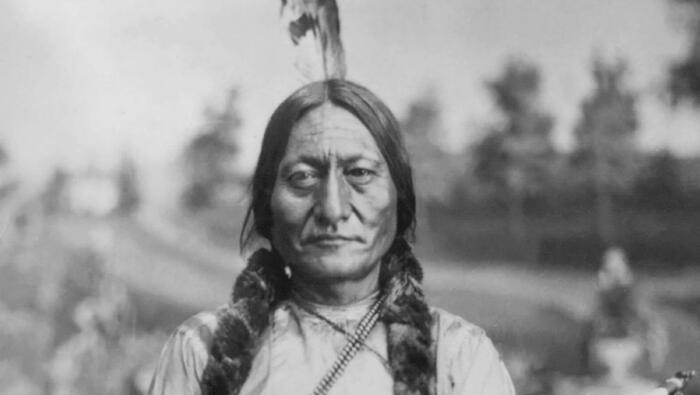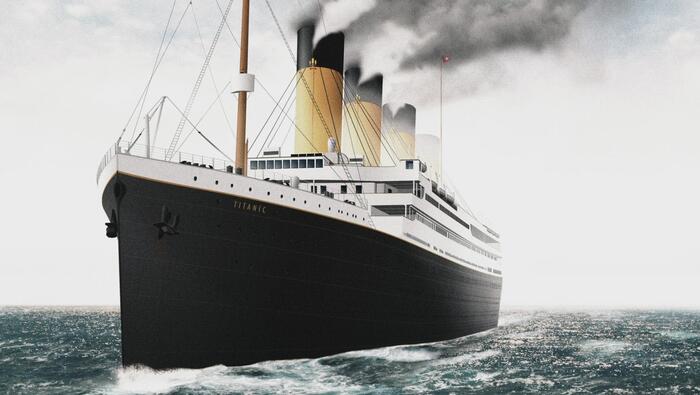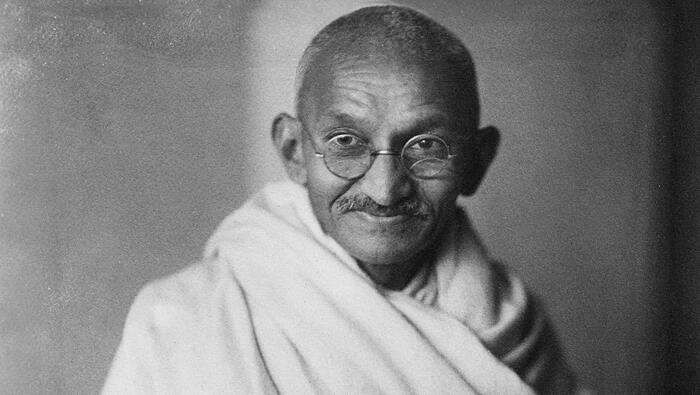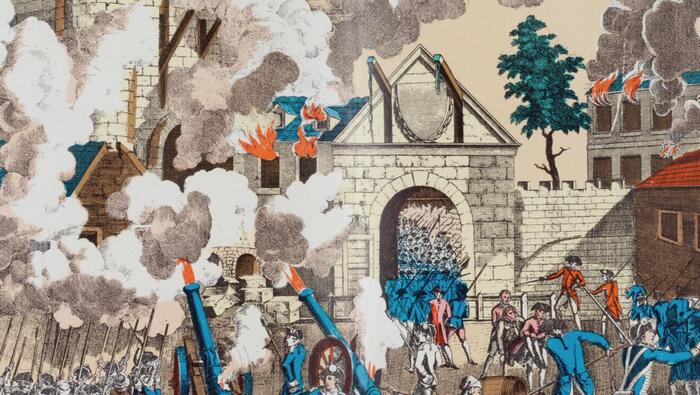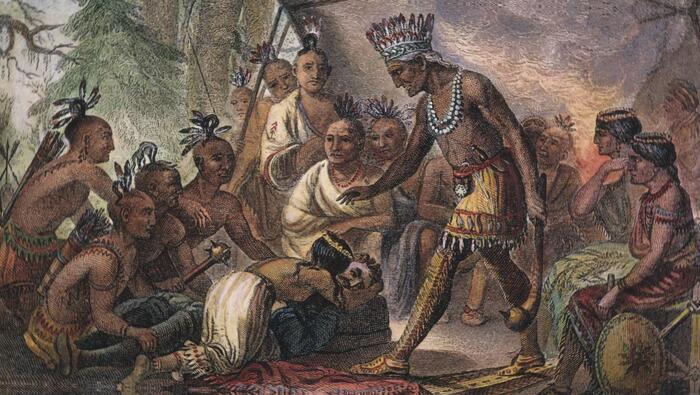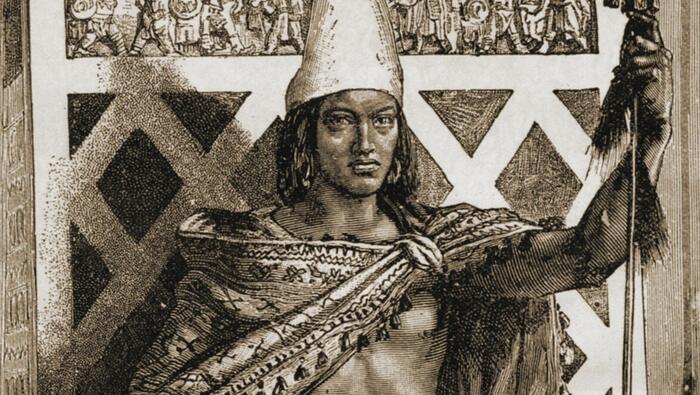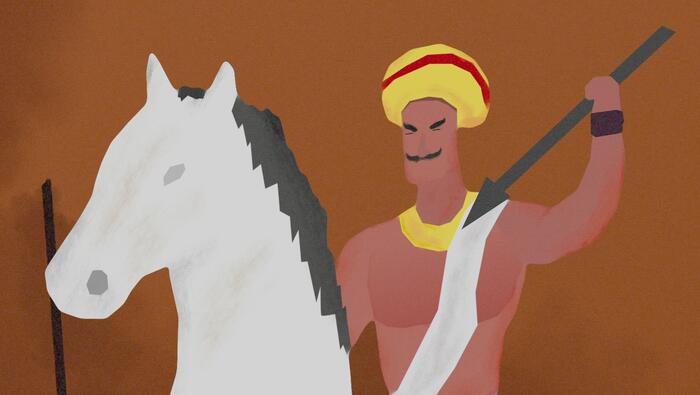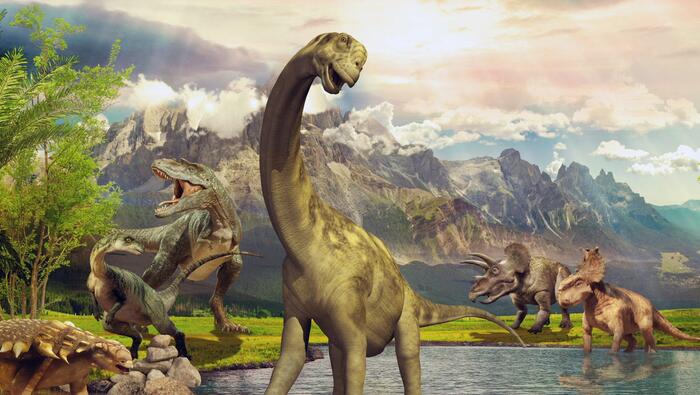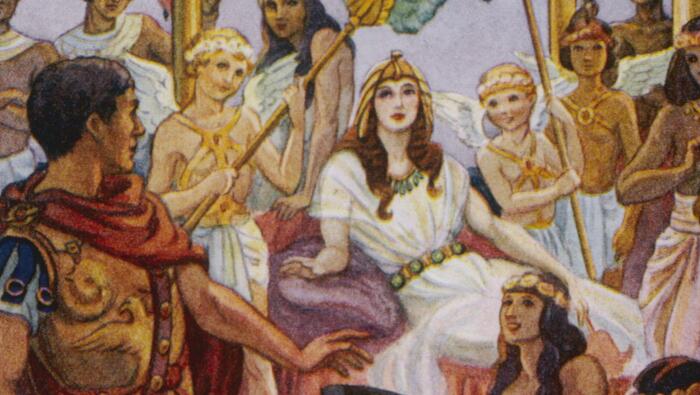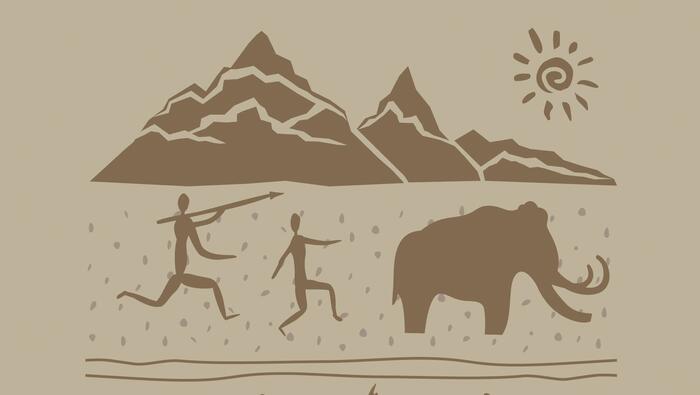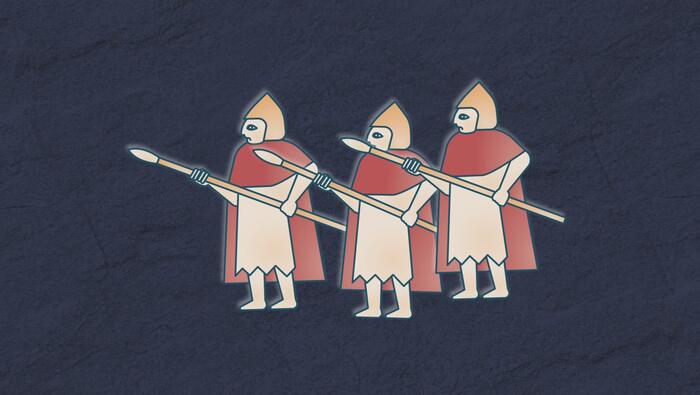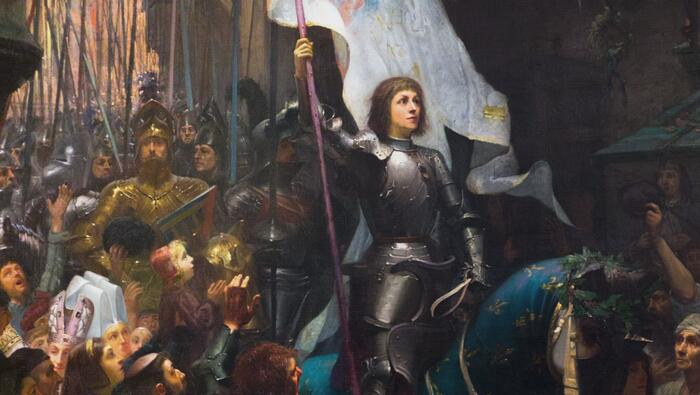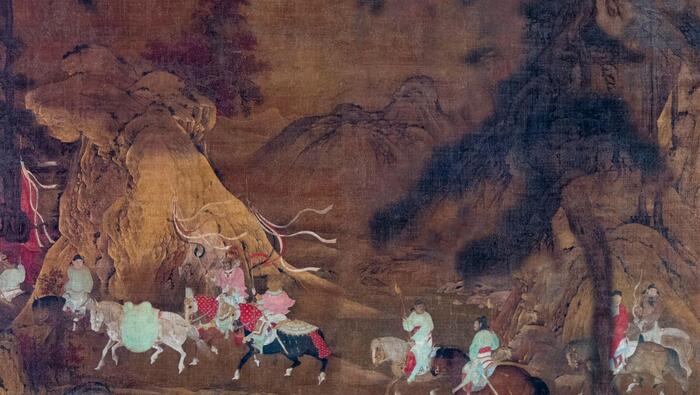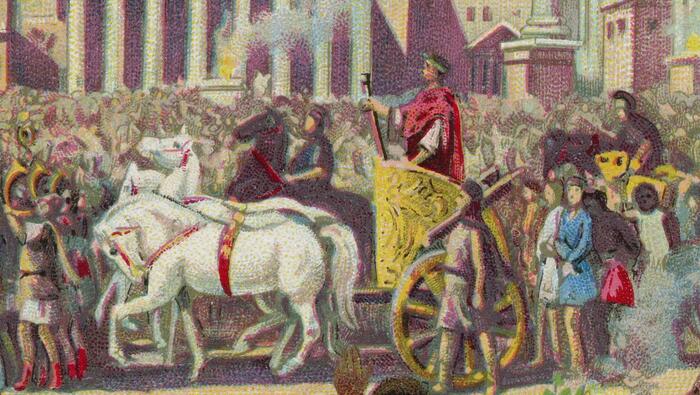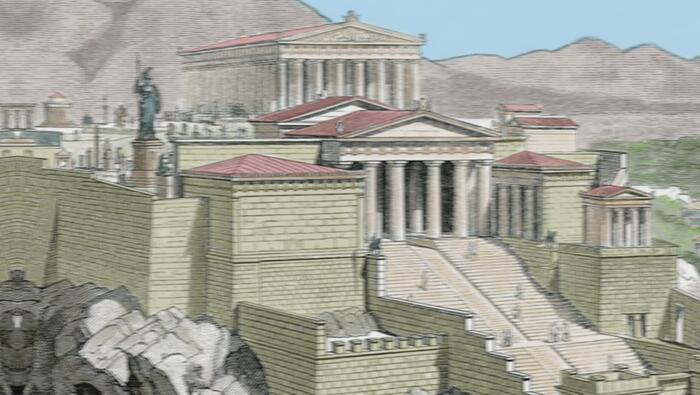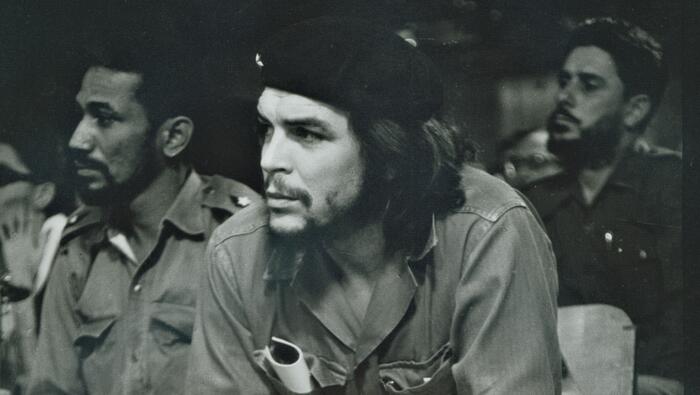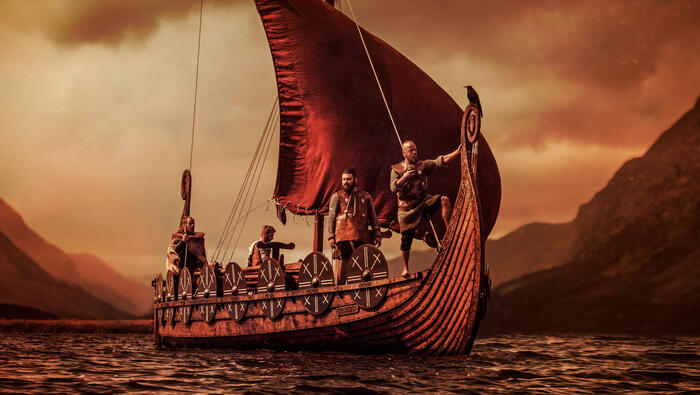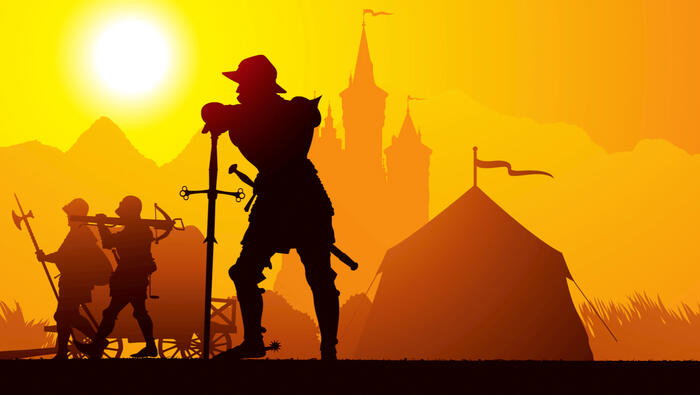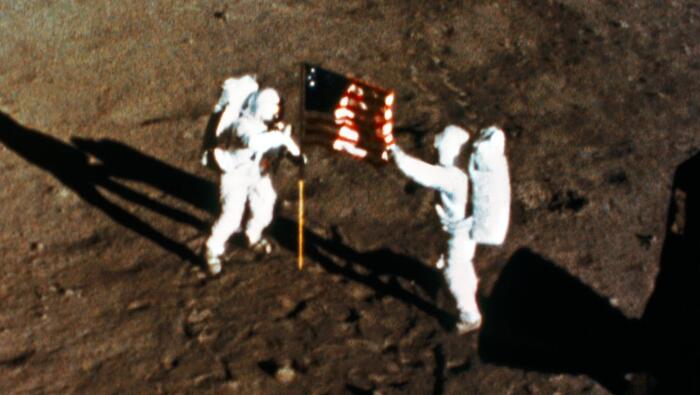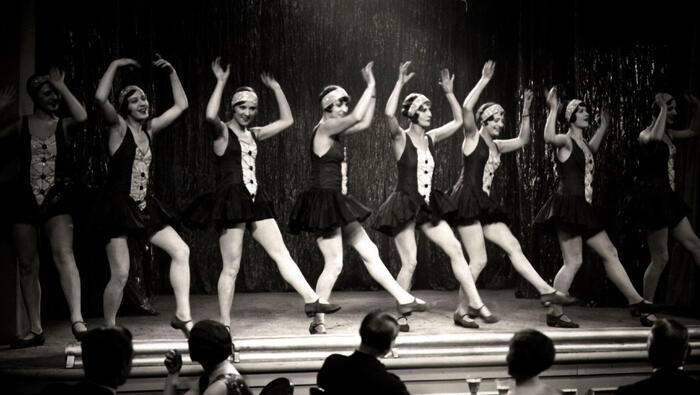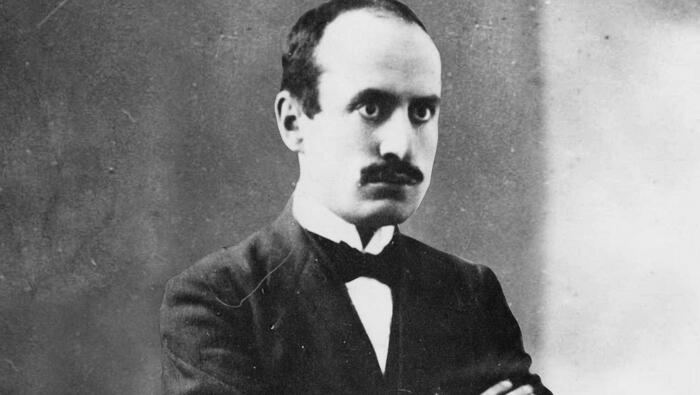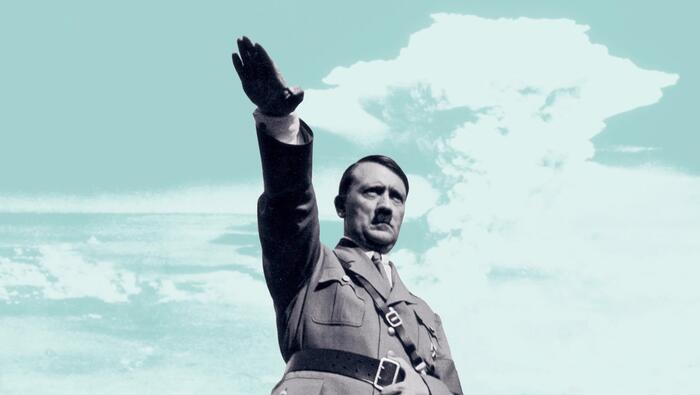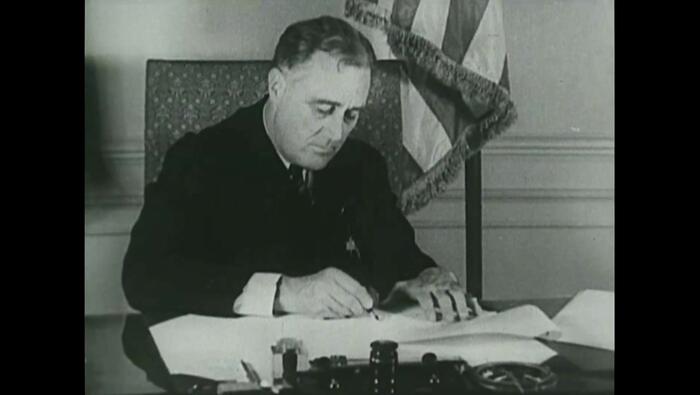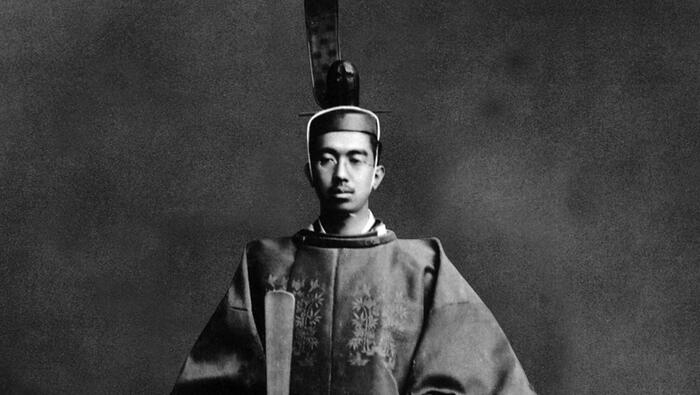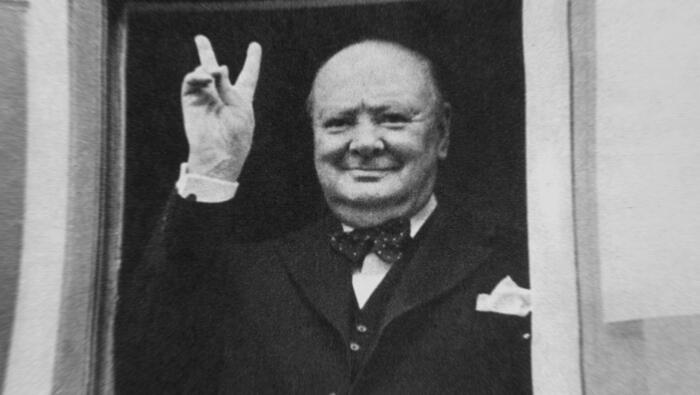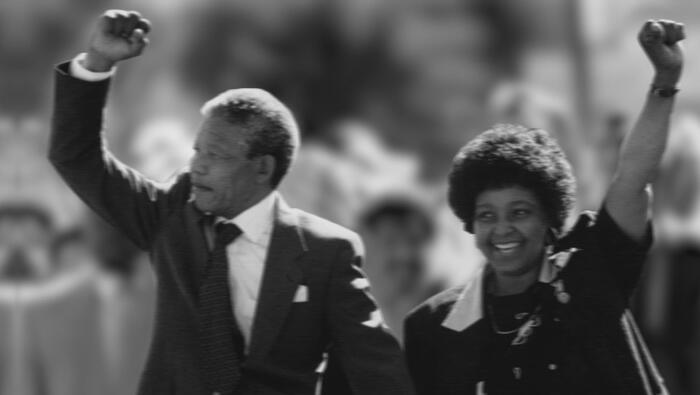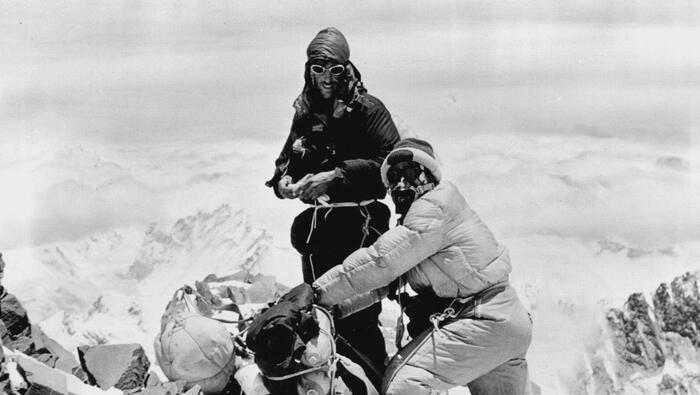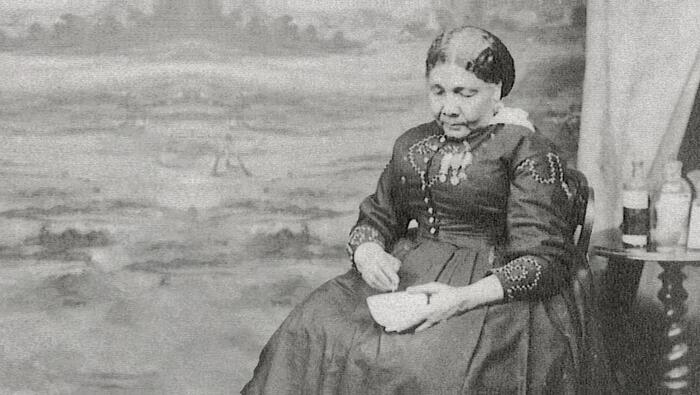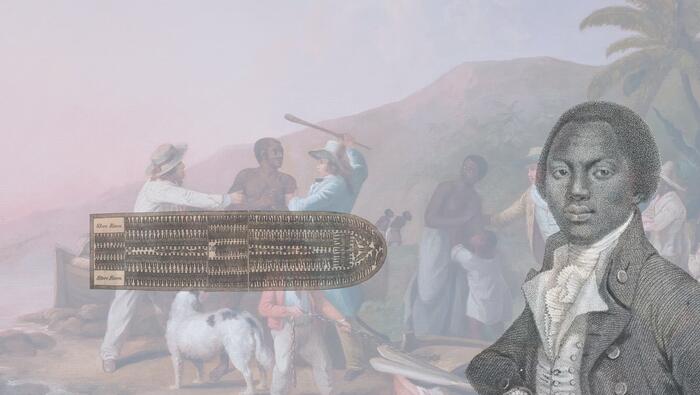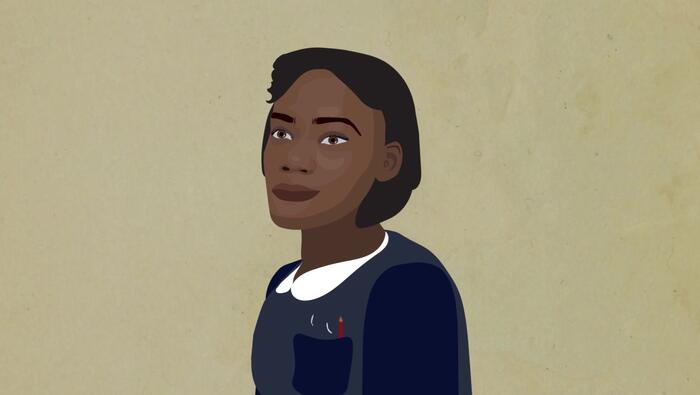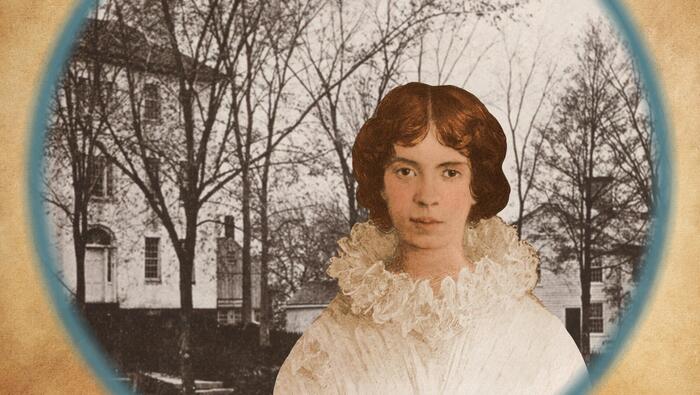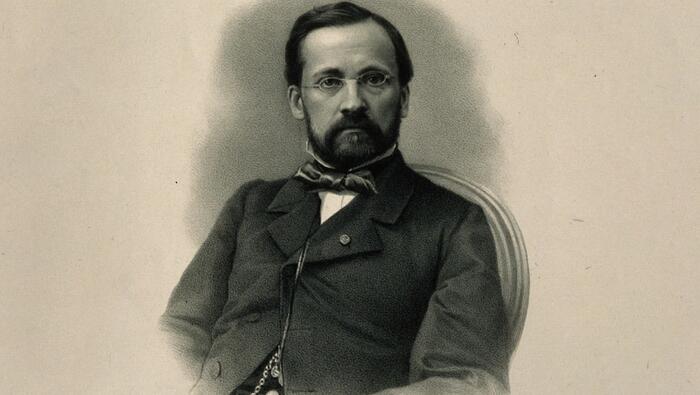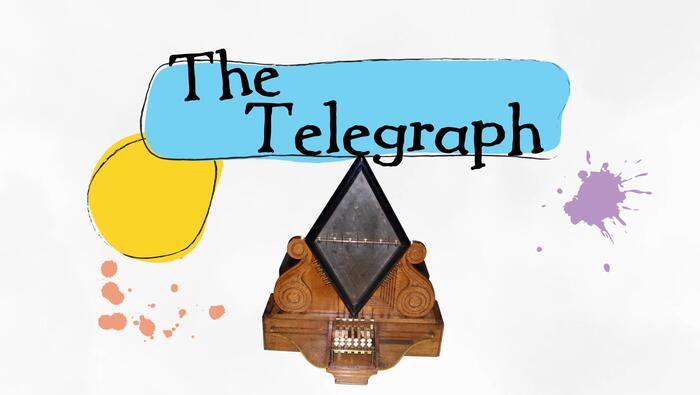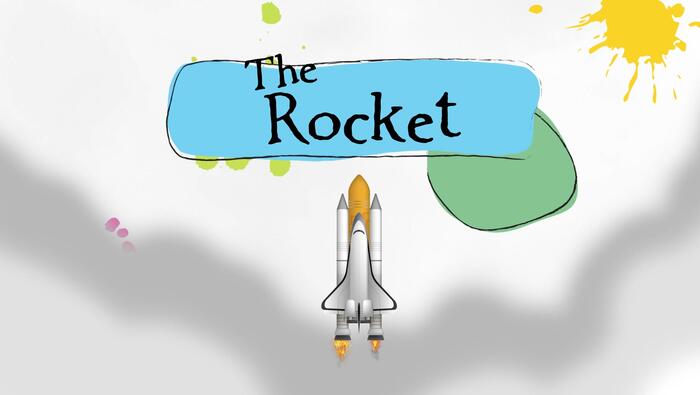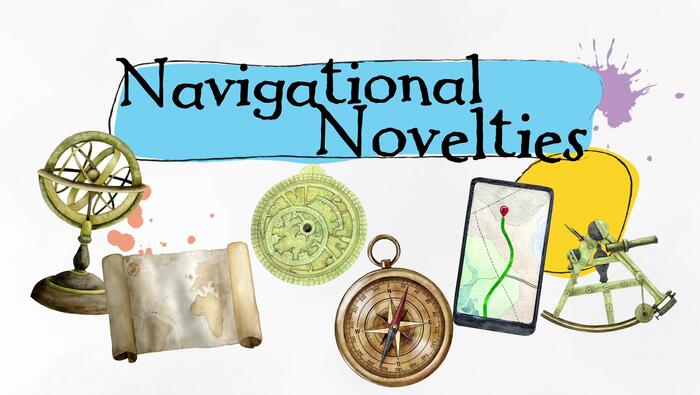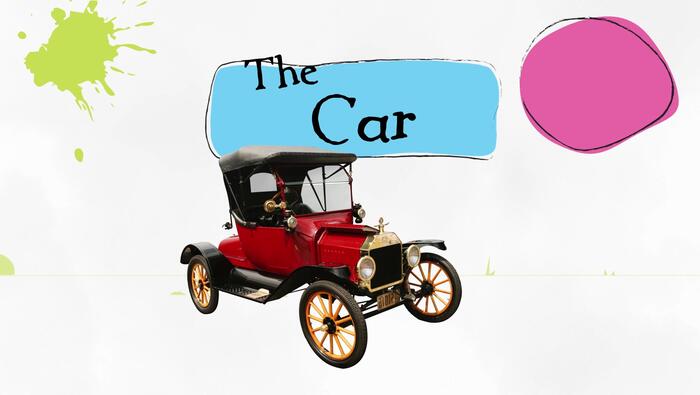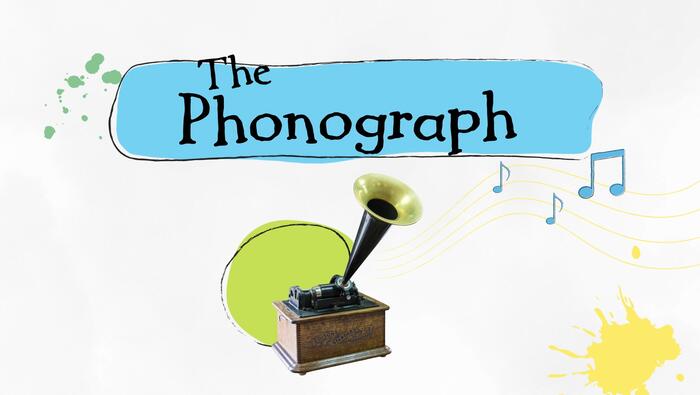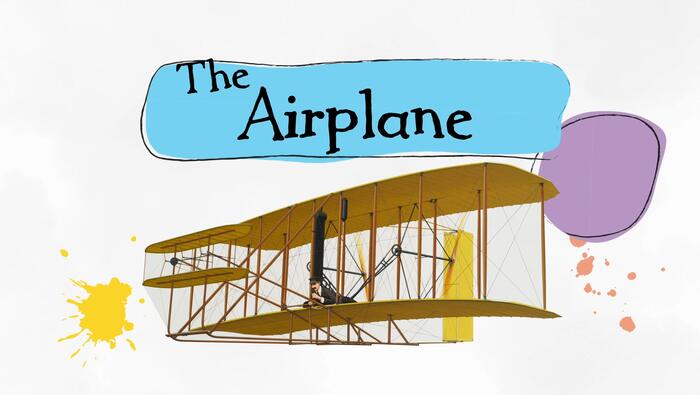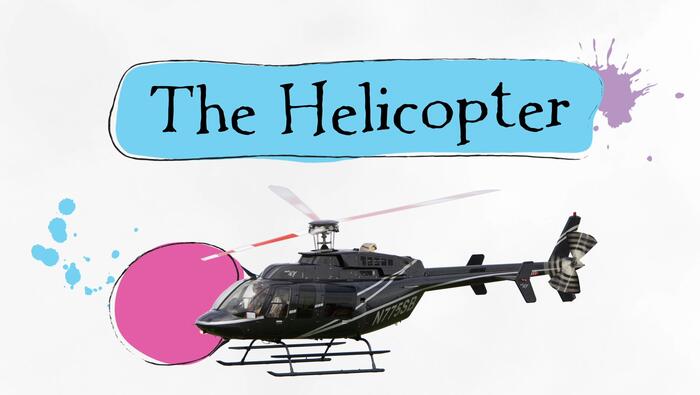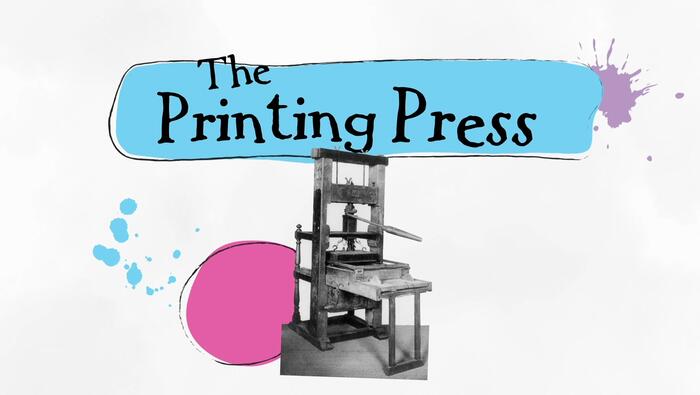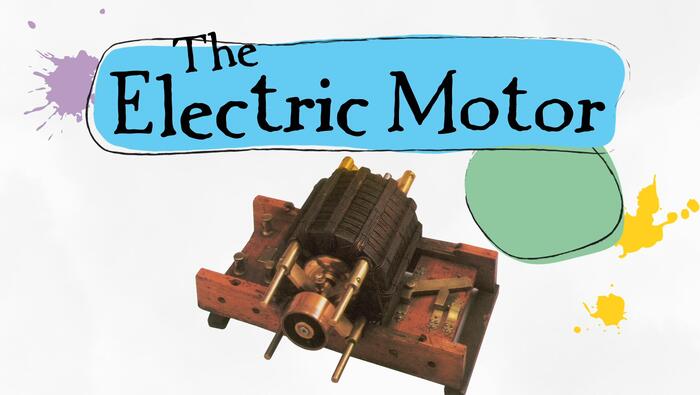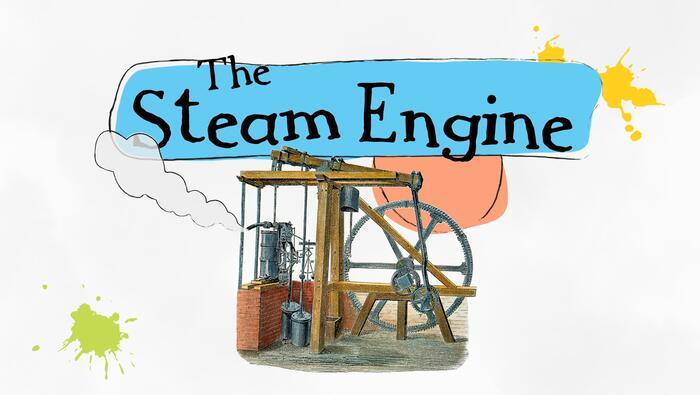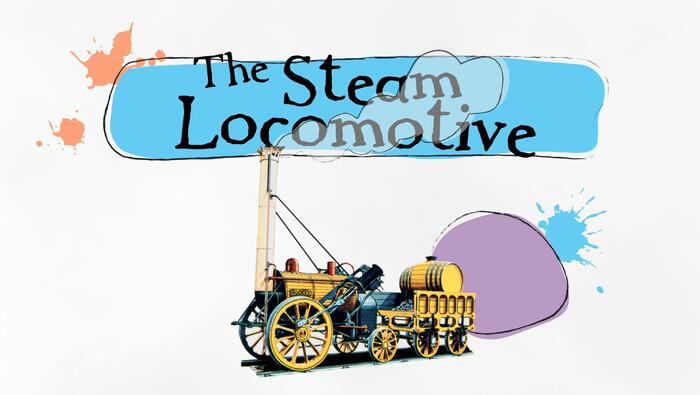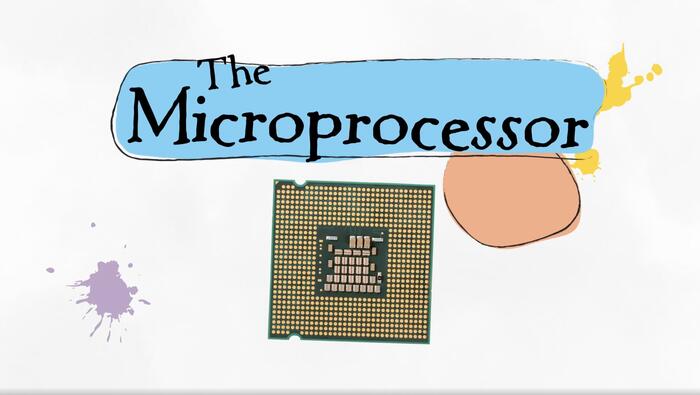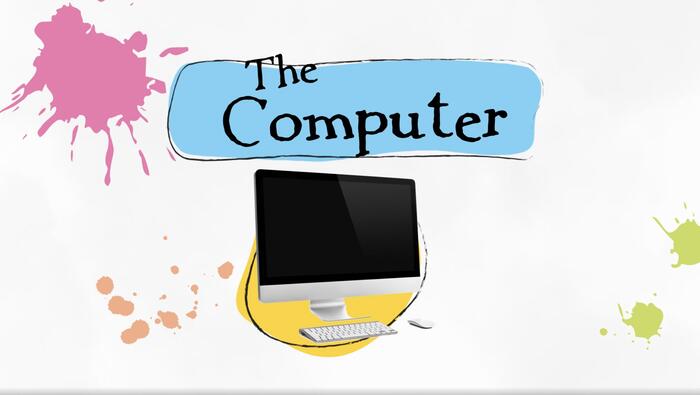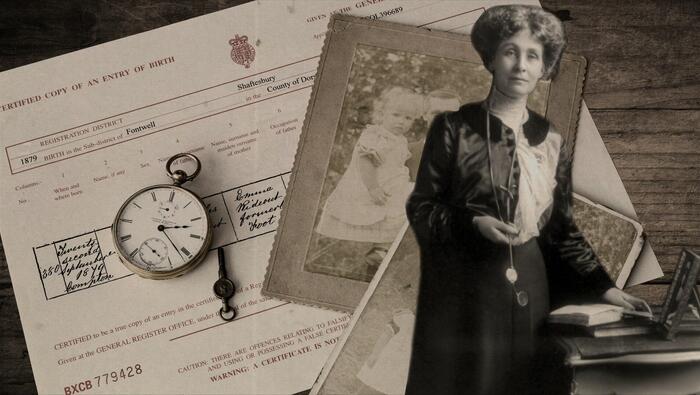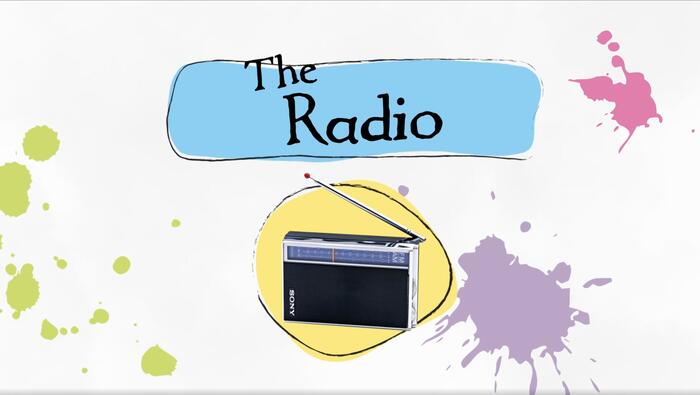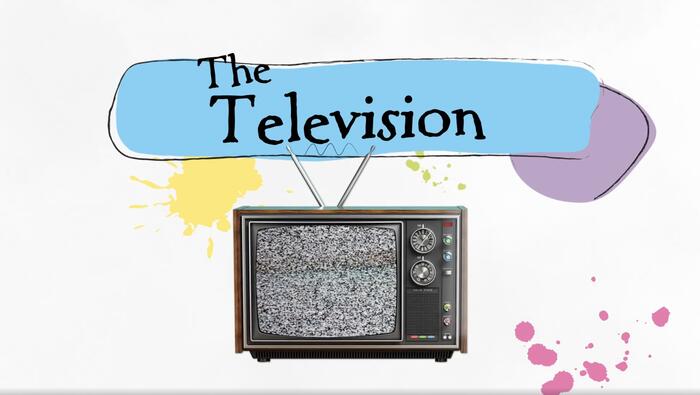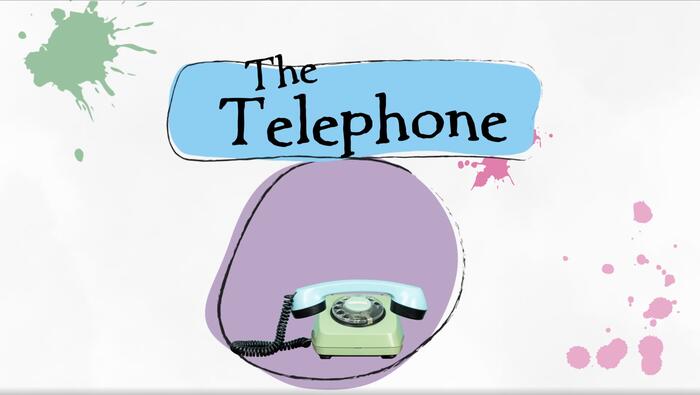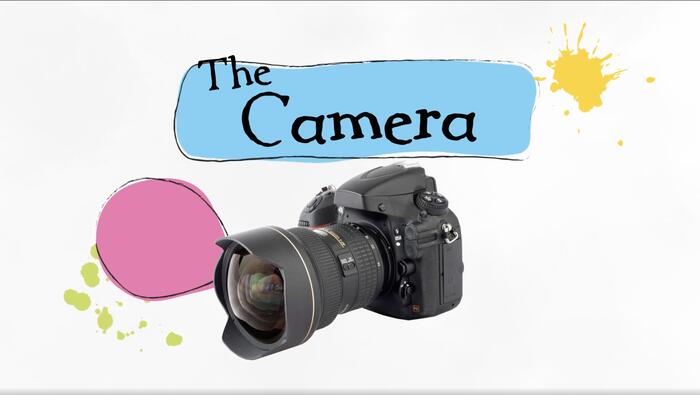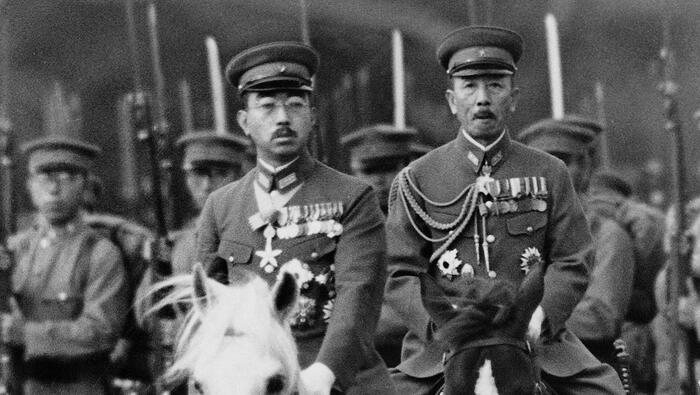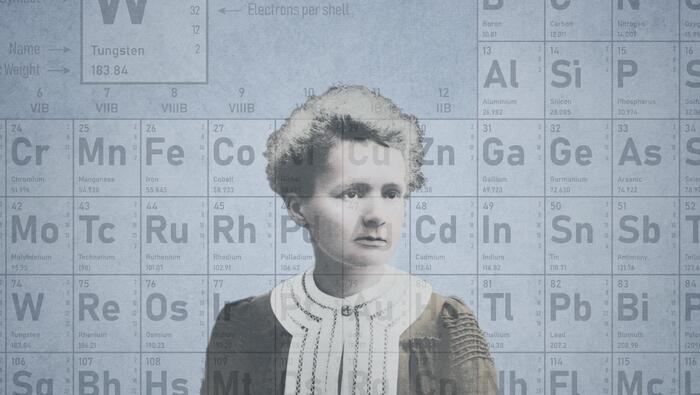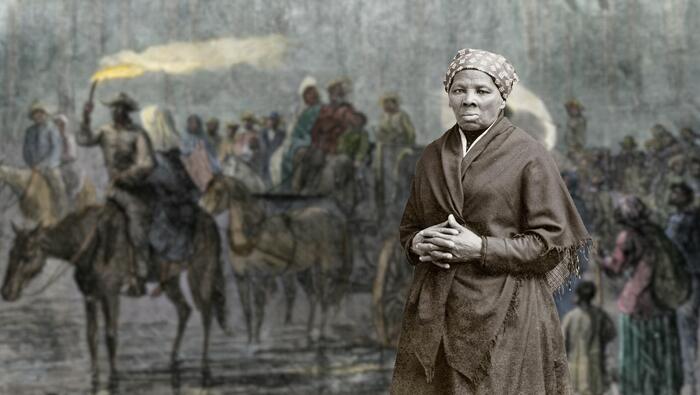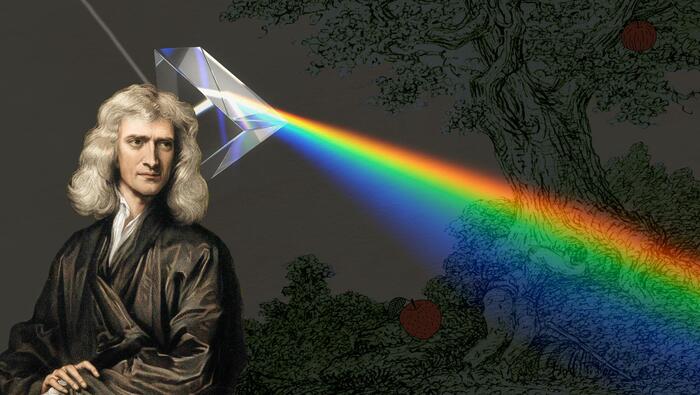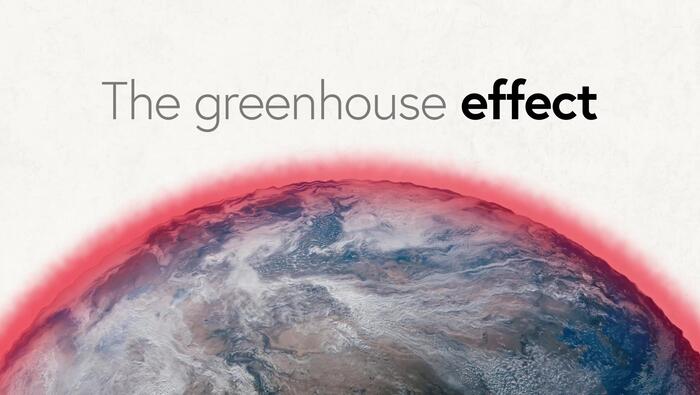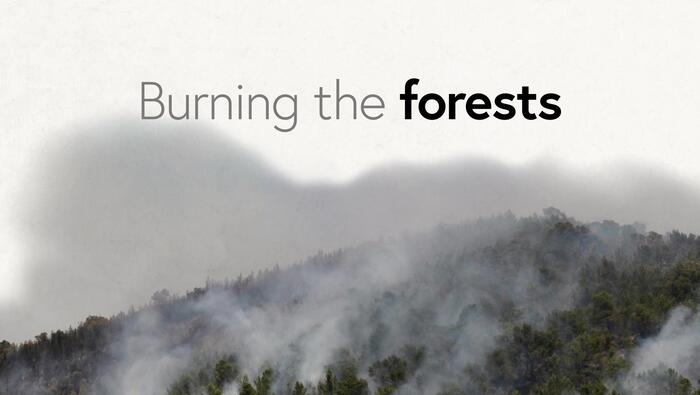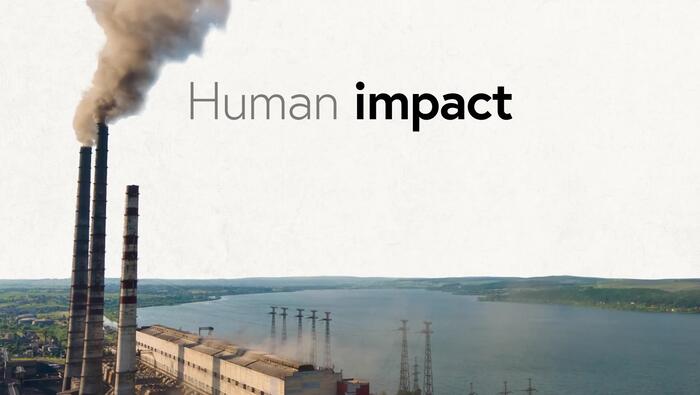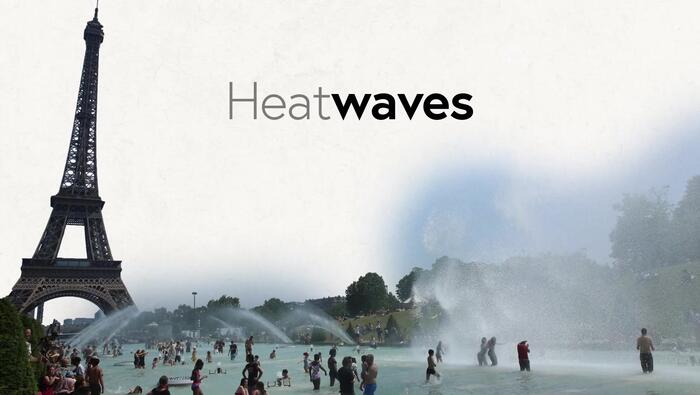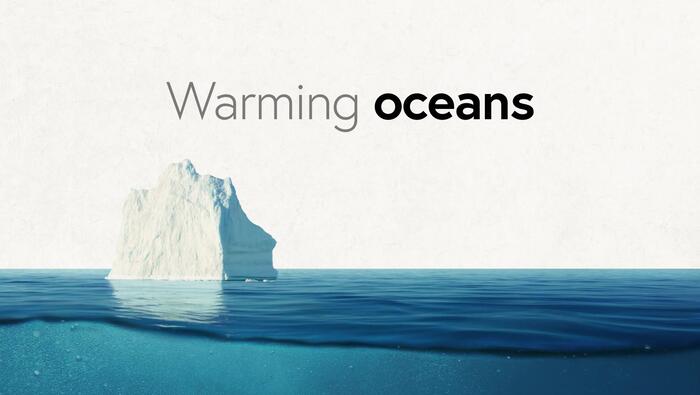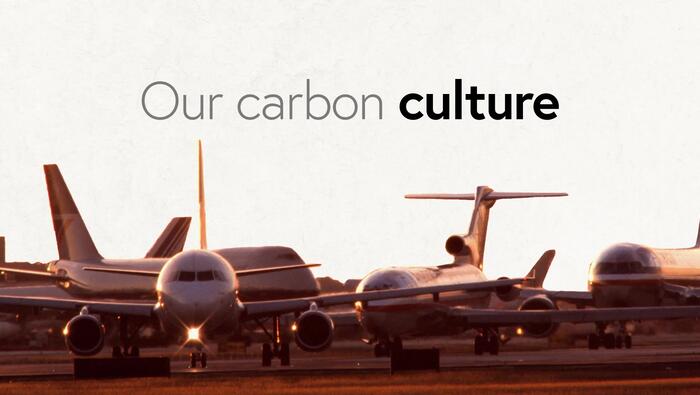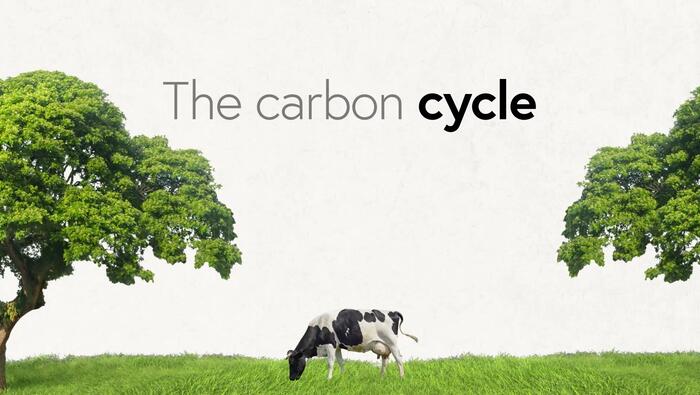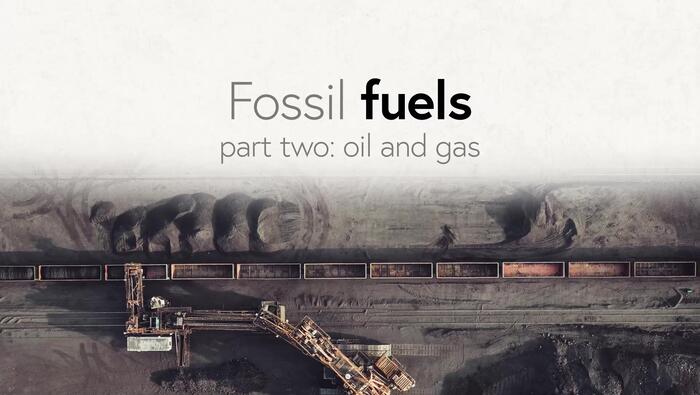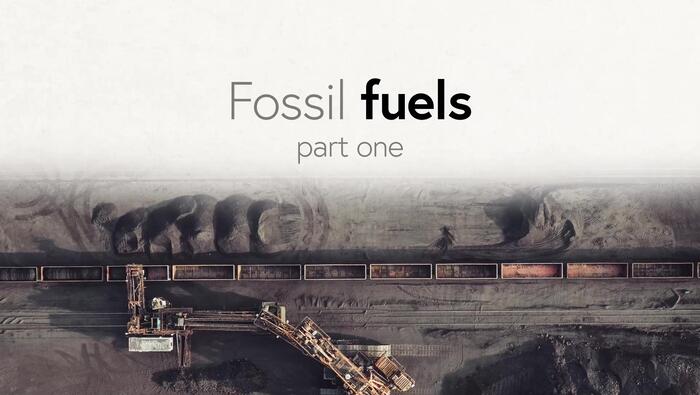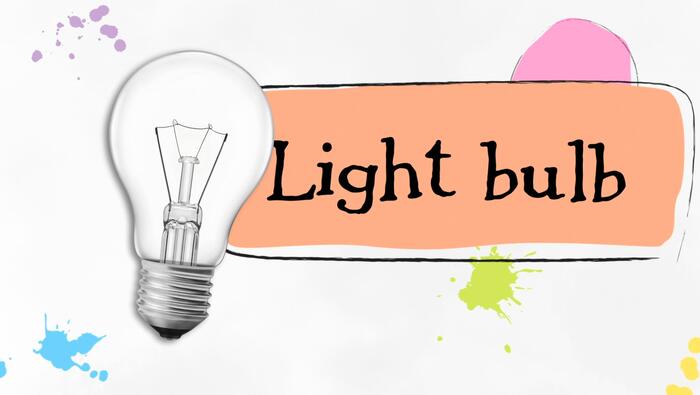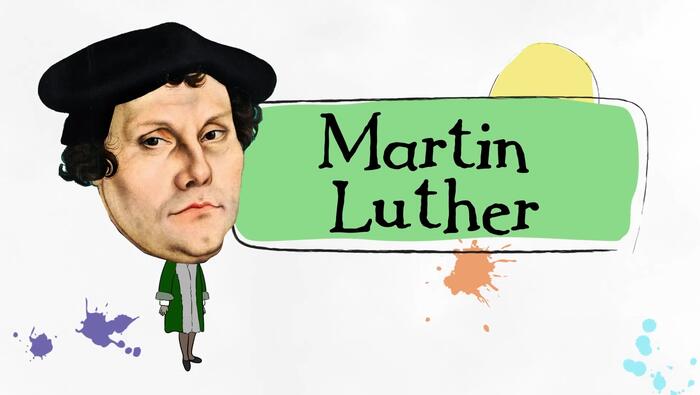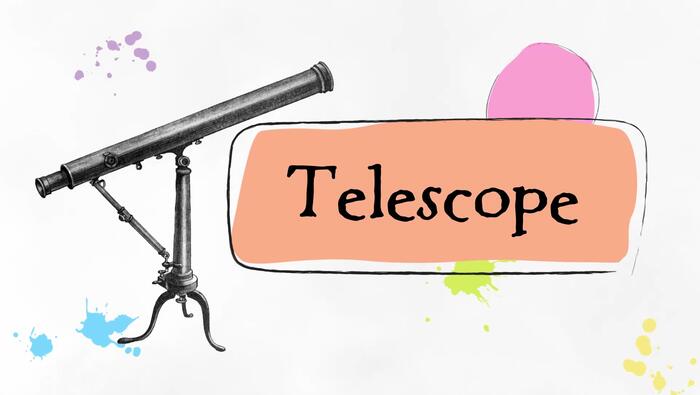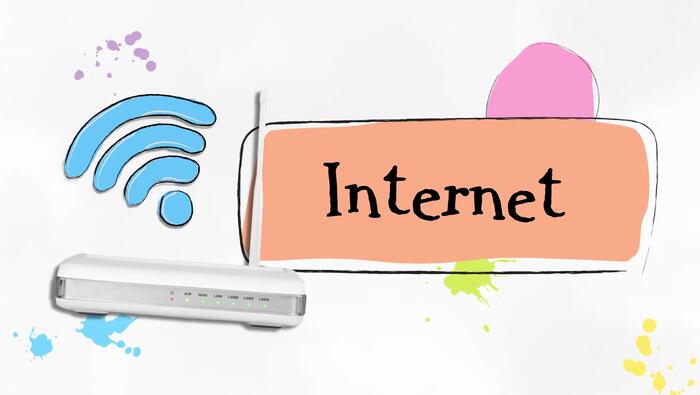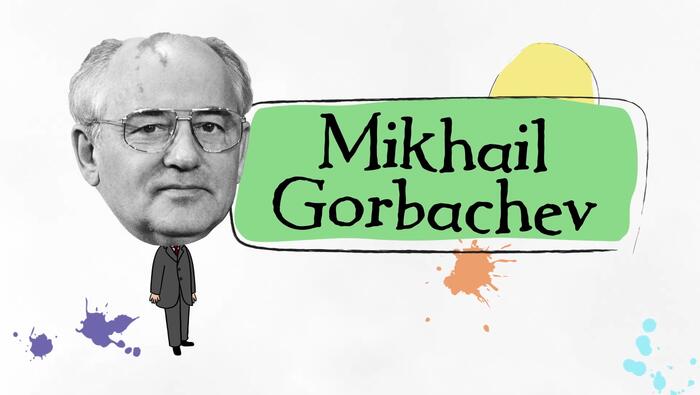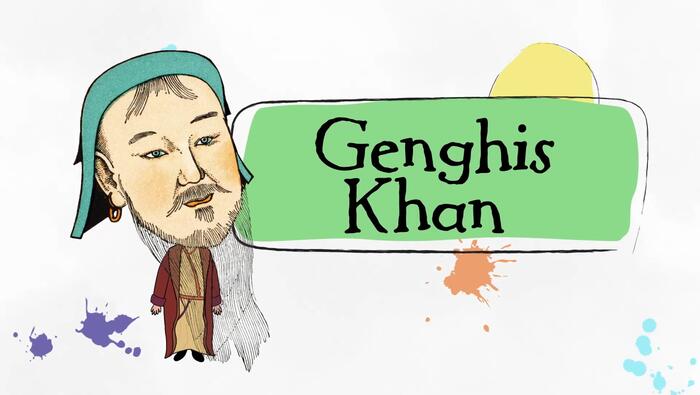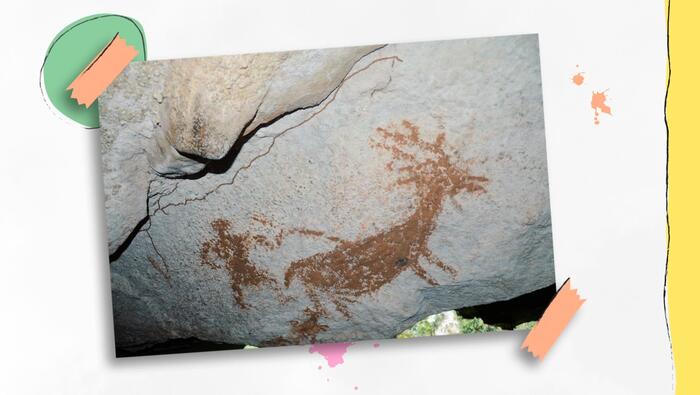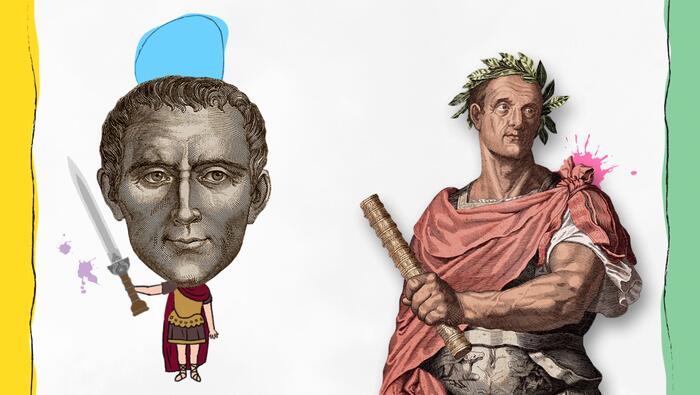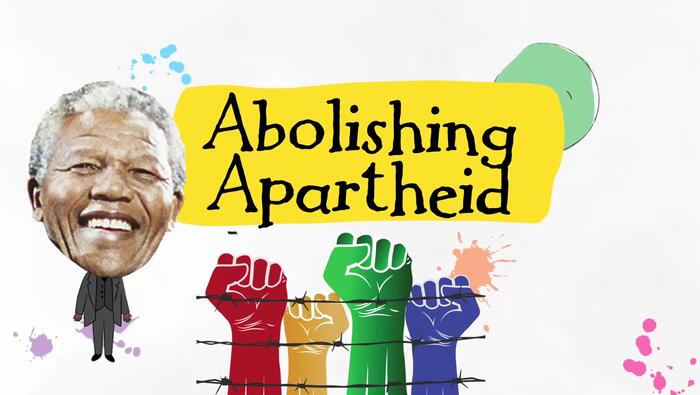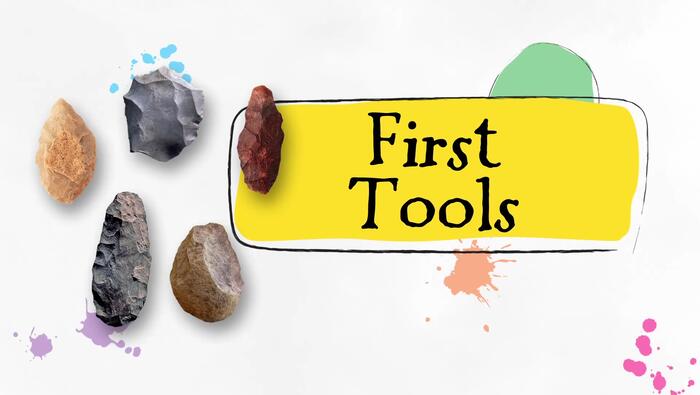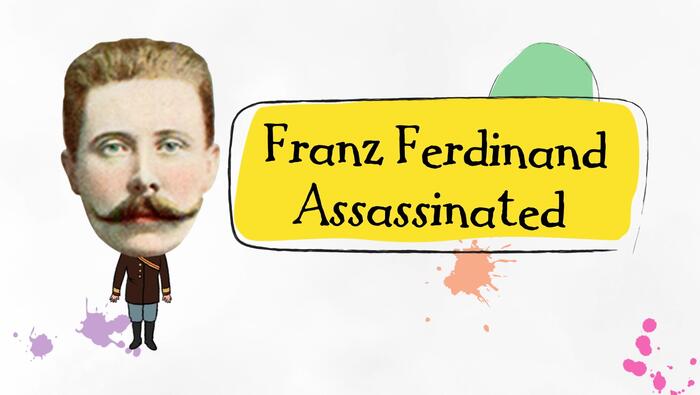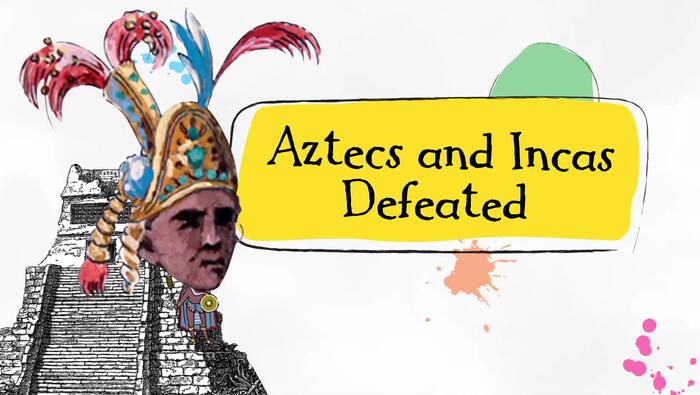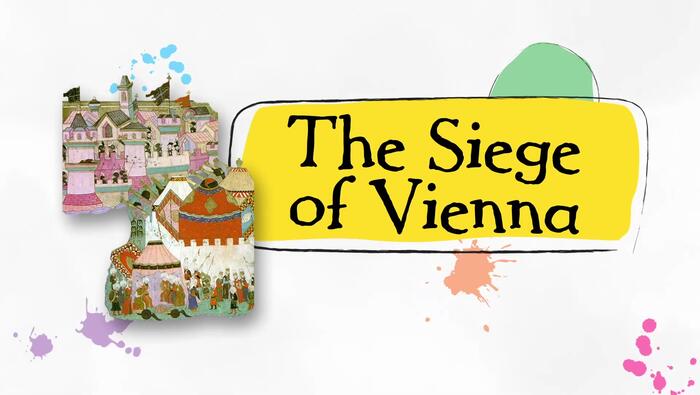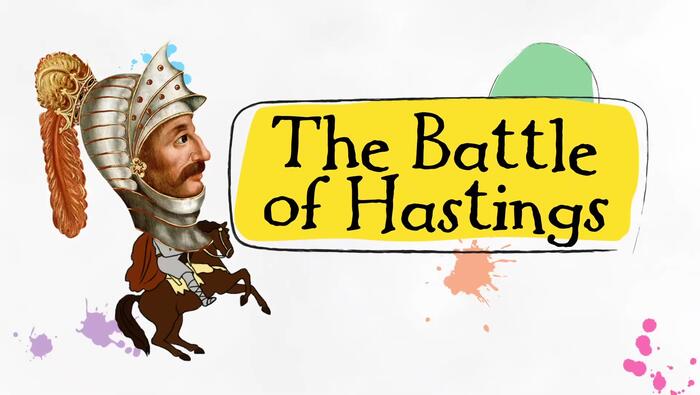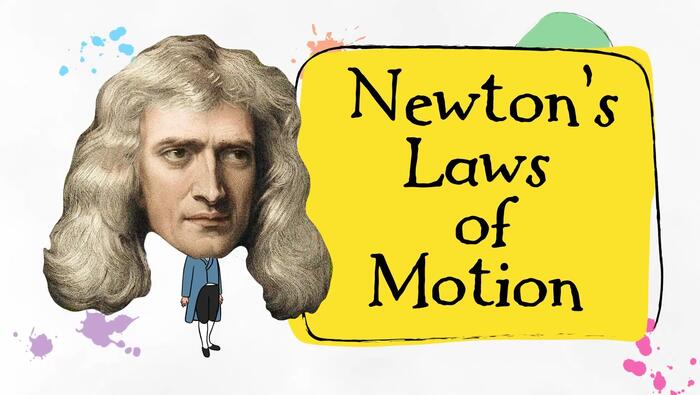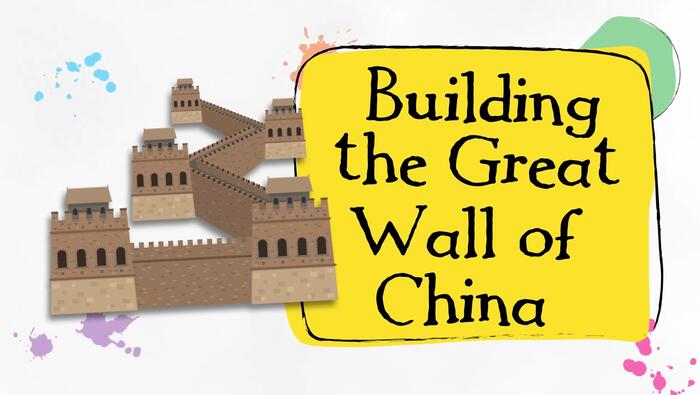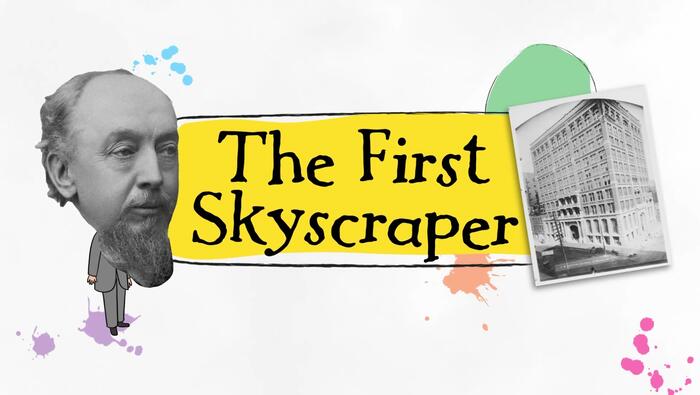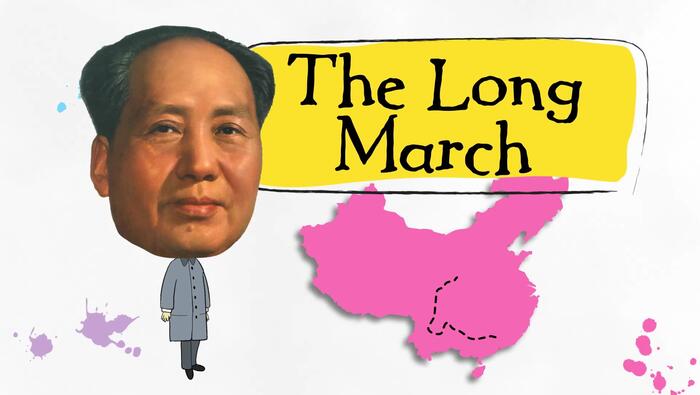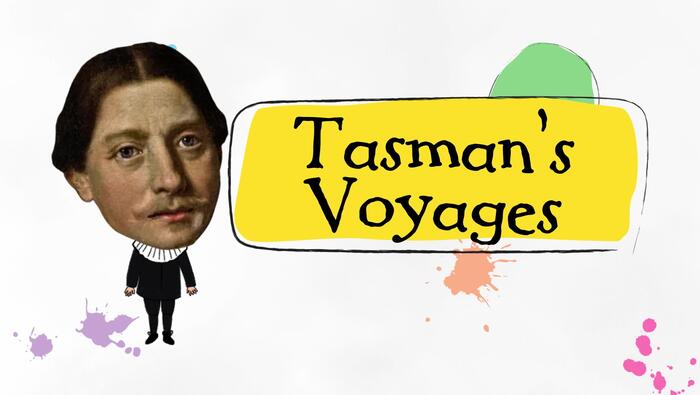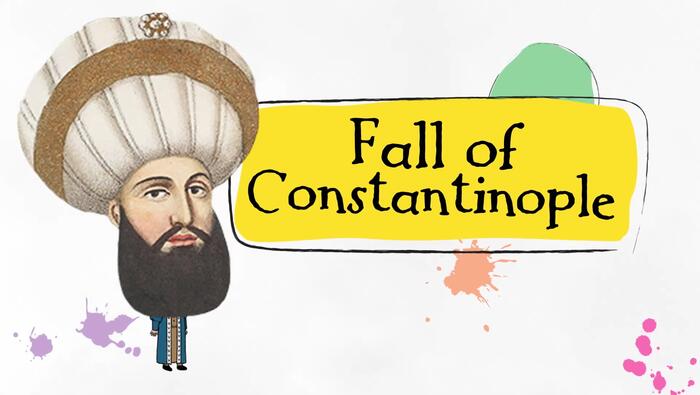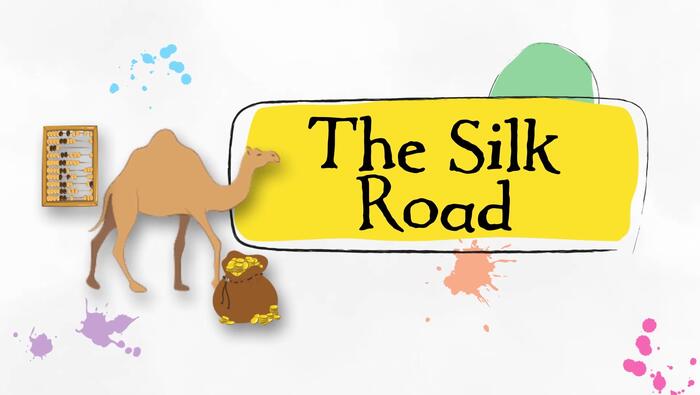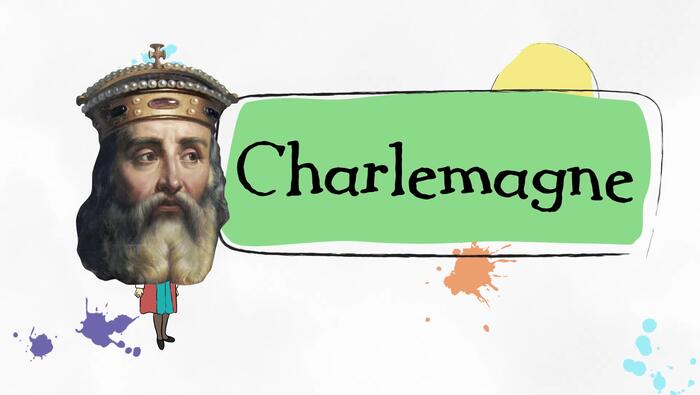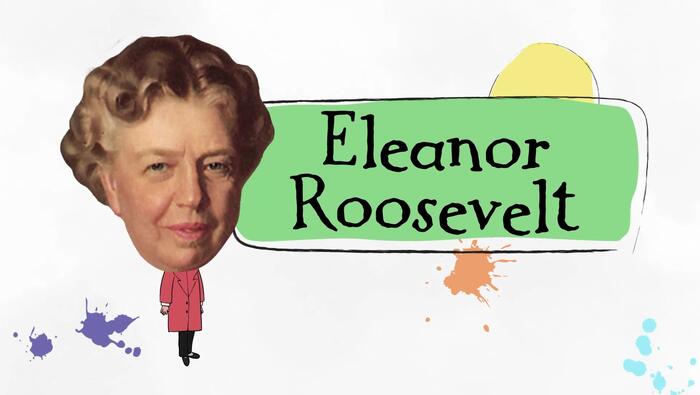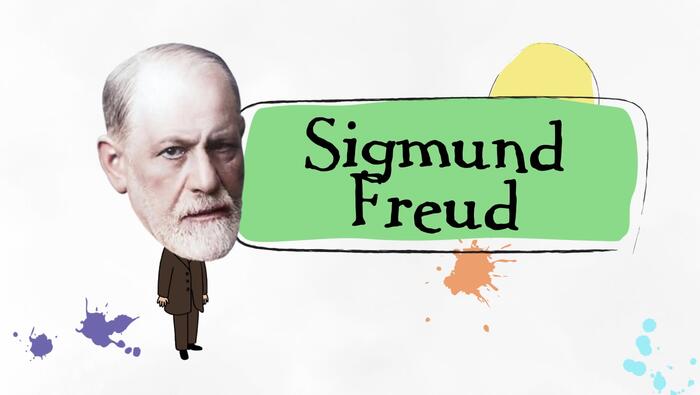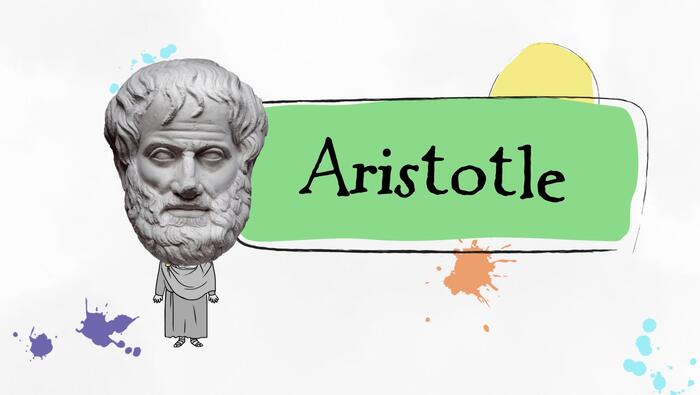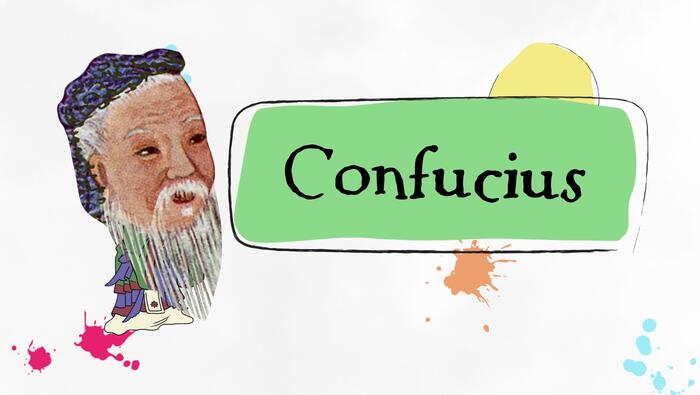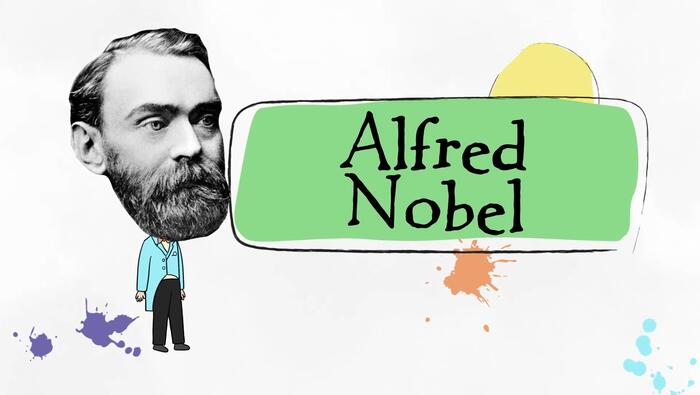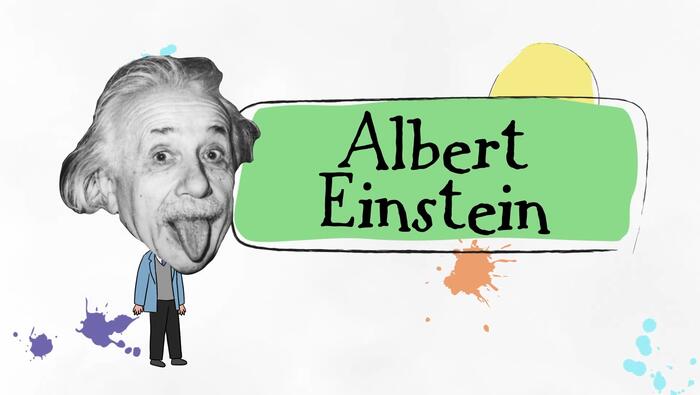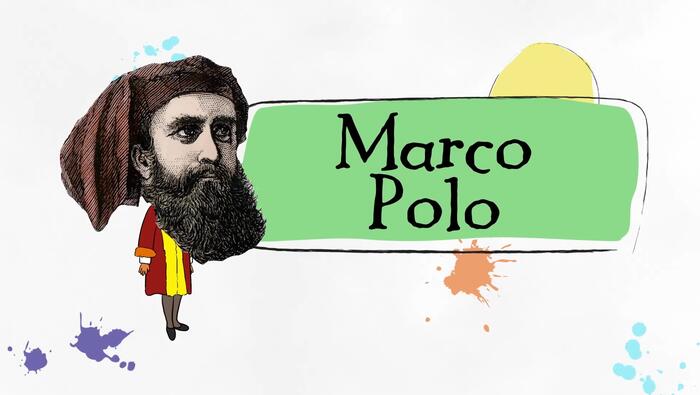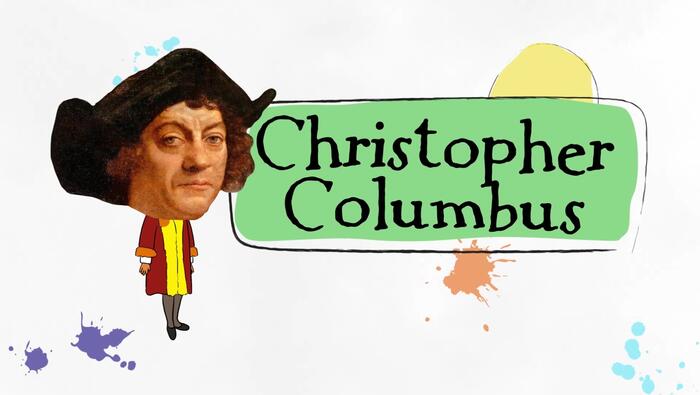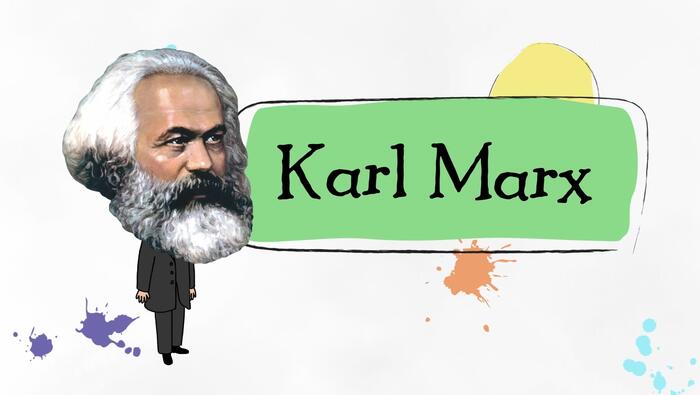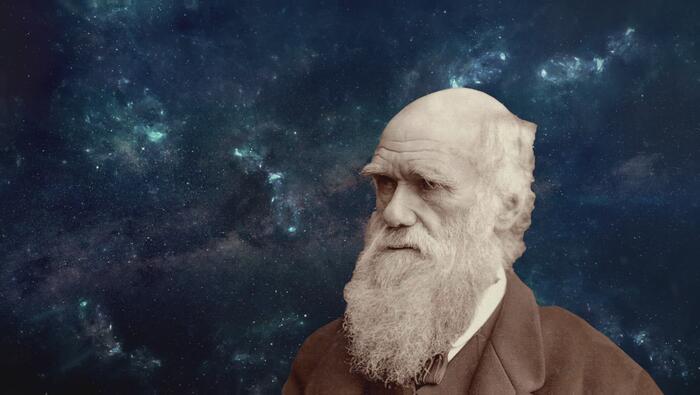
Charles Darwin
This is a timeline of the events in the life and work of English naturalist Charles Darwin, from 1831 to 1882. Darwin's study of the natural world showed how life developed through evolution. His book 'On the Origin of Species' would prove to be one of the most influential scientific works in history.
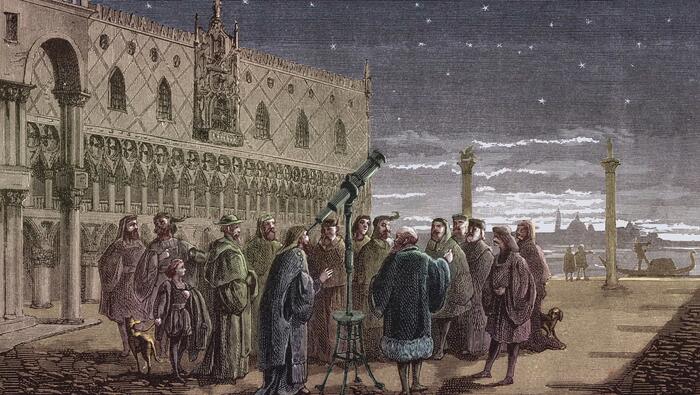
The Scientific Revolution
This is a timeline of the Scientific Revolution, a period of great scientific advancement in Europe in the 16th and 17th centuries. Marked by a rejection of traditional ideas and a questioning of religious beliefs, it led to a new approach to experimentation and significant breakthroughs in fields like biology, astronomy, and physics.
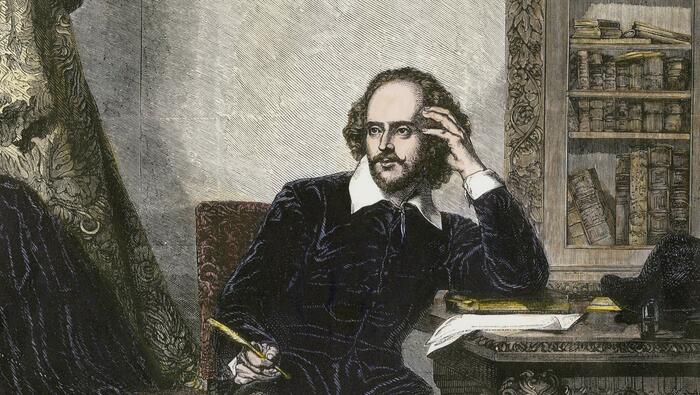
William Shakespeare
This is a timeline of the life of William Shakespeare, the Elizabethan playwright, poet, and actor. He is considered to be the greatest writer in the English language and wrote around 37 plays and 154 poems during his lifetime, many of which have become literary classics and have shaped the way we use the English language today.
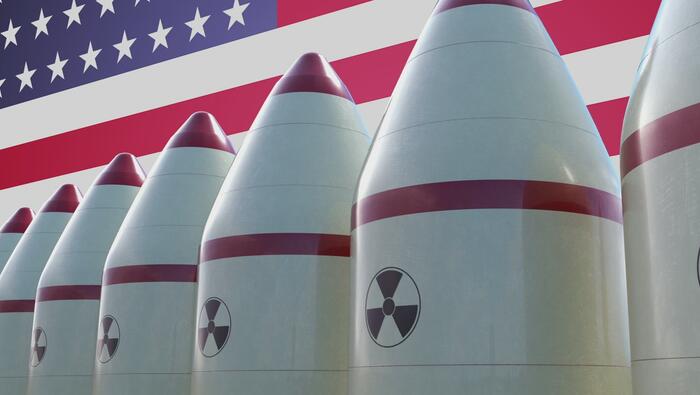
The Cold War
This is a timeline of events in the history of the Cold War, from 1945 to 1991. The Cold War was a period of tension between the United States and the Soviet Union after the end of World War II, as they tried to prevent each other from gaining too much power, with the threat of nuclear weapons looming.
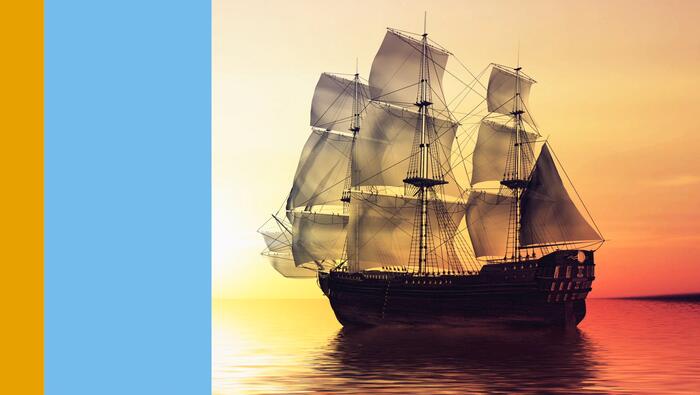
Exploring the World
This is a timeline of the events in the history of the Age of Exploration from the early 1400s to 1521. During the 15th and 16th centuries, European explorers set sail to discover new lands, great riches and exotic goods, leading to the discovery of trade routes across the world and the first circumnavigation of the globe.
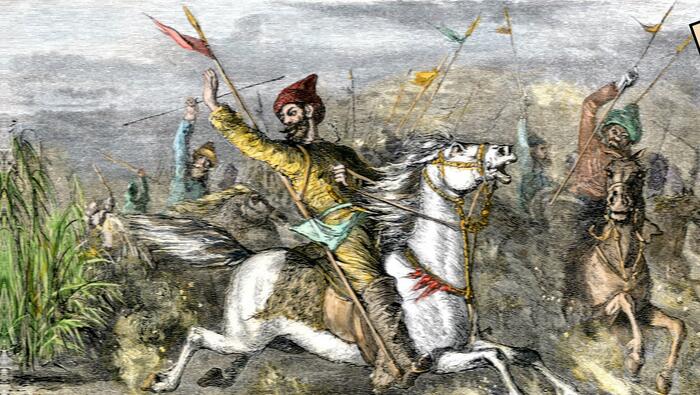
The Mongol Empire
This is a timeline of the Mongol Empire. Founded by the invincible Genghis Khan, it was the largest land empire in history, spanning across Europe, the Middle East and Asia. Genghis Khan led his army of horsemen to many victories, ultimately uniting the nomadic tribes to form the Mongol Empire, and later conquering China to establish the Yuan Dynasty.
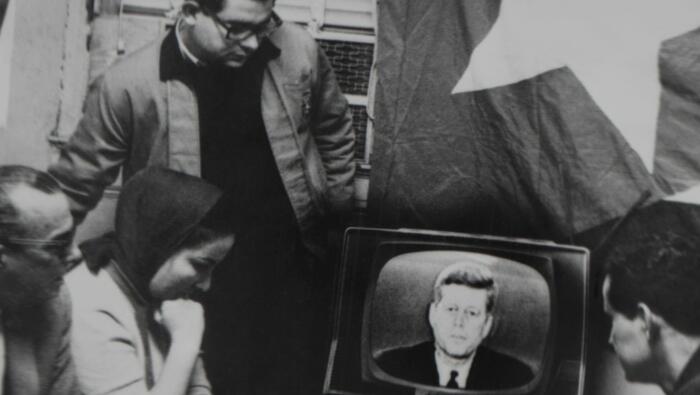
The Cuban Missile Crisis
This is a timeline depicting the events of the Cuban Missile Crisis as they unfolded from 1952 to 1963. When the Soviets installed nuclear missiles on the Caribbean island of Cuba in 1692, a diplomatic standoff between the U.S. and the Soviet Union began. Tensions rose and the world watched as nuclear war loomed. A deal was finally struck on October 28th, 1962 to end the crisis.
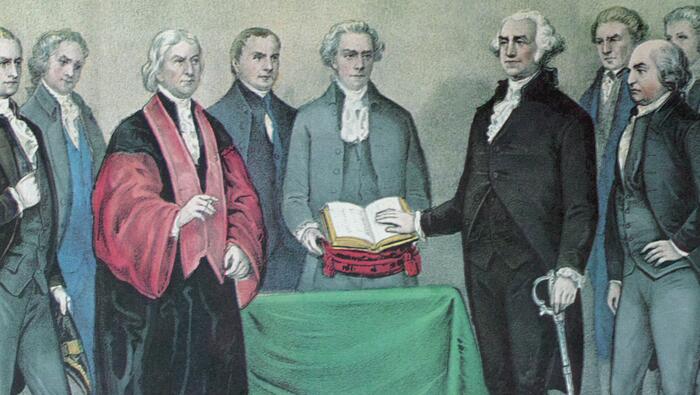
The Birth of the United States
This is a timeline of the American Revolution, depicting events from the first sparks of revolt in 1770, to the first presidency in 1789. This was a period of intense conflict between the colonists of the Thirteen Colonies, and their British rulers, which ultimately led to the creation of a new nation: the United States of America.
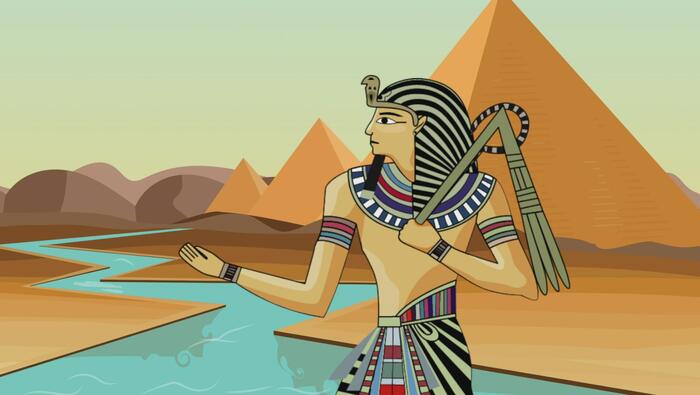
Ancient Egypt
This is a timeline of the history of Ancient Egypt, from 4500 BCE - 30 BCE. The nation was governed by a king called a Pharaoh, believed to represent the gods on Earth. The civilisation lasted for thousands of years and left behind the Great Pyramids which can still be seen in Egypt today.
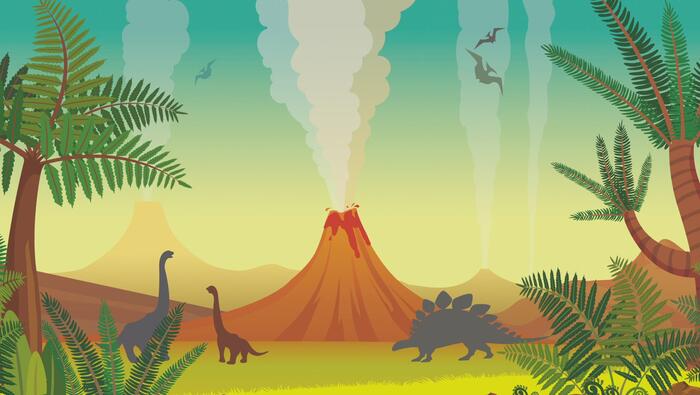
Prehistory
This timeline takes us on a whistle-stop journey of life on our planet. We travel from the Big Bang, 13.8 billion years ago, to the time of the dinosaurs - and on to the evolution of the first humans and the creation of the first written records, around 5000 years ago. It's a time known as prehistory.
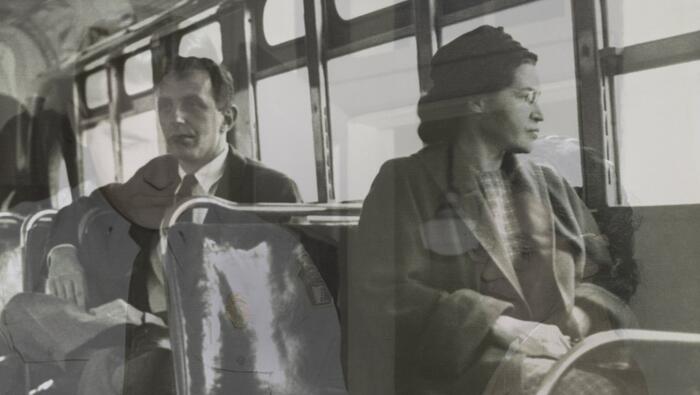
Rosa Parks
This is a timeline of the life of Rosa Parks, a woman who made history with a single act of courage, when she refused to give up her seat on a bus to a white man in 1955, a time when the U.S. was racially segregated. Her bravery inspired tens of thousands of African Americans to protest by refusing to take the city’s buses in Montgomery, Alabama.
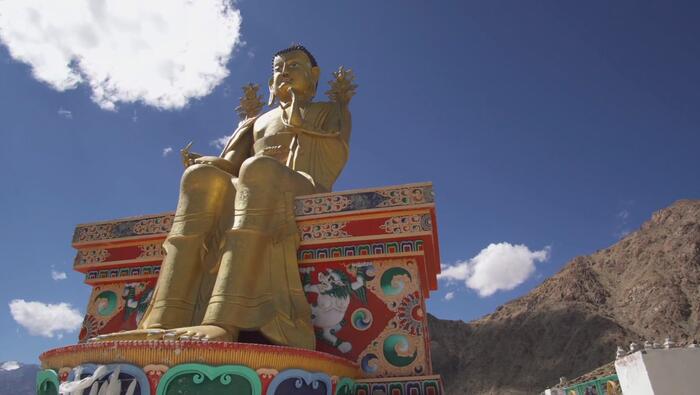
Kingdoms of Southeast Asia
This is a timeline of the history of the ancient kingdoms of Southeast Asia, from 207 BCE to 1511. At a crossroads of trade and culture, powerful kingdoms began to emerge in the region. The kingdoms were heavily influenced by religions such as Hinduism, Buddhism and later Islam.
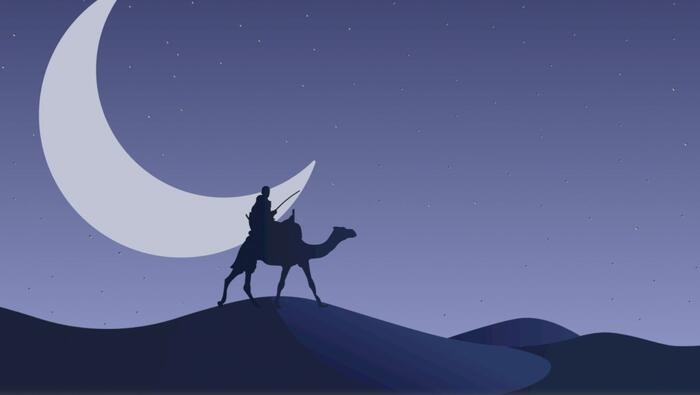
Early Islamic Empires
This is a timeline of the history of the Early Islamic Empires over six centuries, from the year 634 to 1258. New Islamic empires spread from Arabia through Central Asia, North Africa, and Spain, bringing with them the Muslim religion, and advancement in scientific and medical innovation.
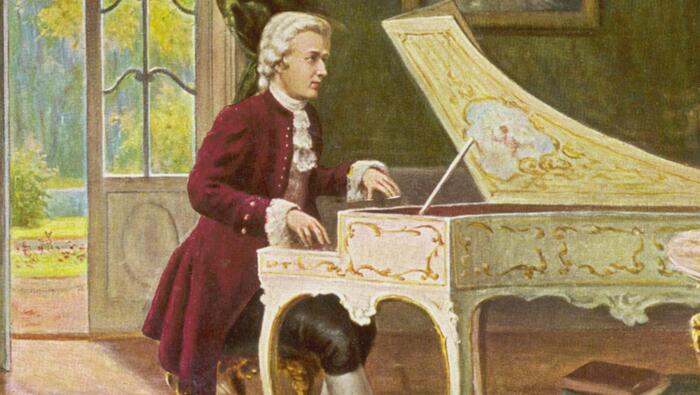
Wolfgang Amadeus Mozart
This is a timeline of the life of composer Wolfgang Amadeus Mozart from 1756 to 1791. One of the most celebrated and influential composers in the history of music, Mozart began his musical journey as a young child. Despite his untimely death at the age of 35, he left behind a legacy of over 600 compositions, including some of the most renowned works in Classical music.
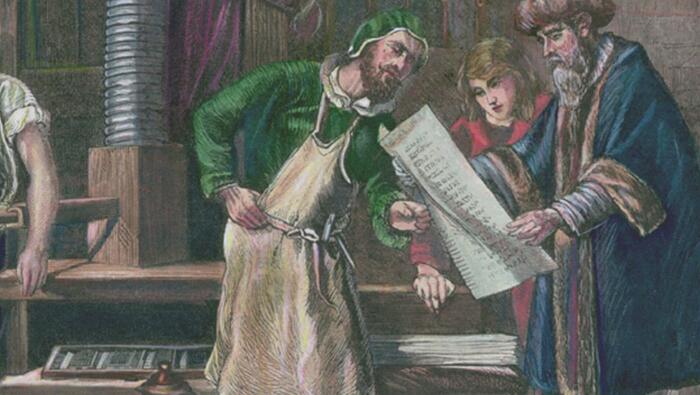
Renaissance
This is a timeline of the history of the Renaissance, from 1305 to 1543. The Renaissance was a period of cultural, artistic and scientific "rebirth" in 14th century northern Italy, which saw the emergence of new and innovative art, literature, and scientific discoveries that laid the foundation for the modern world.
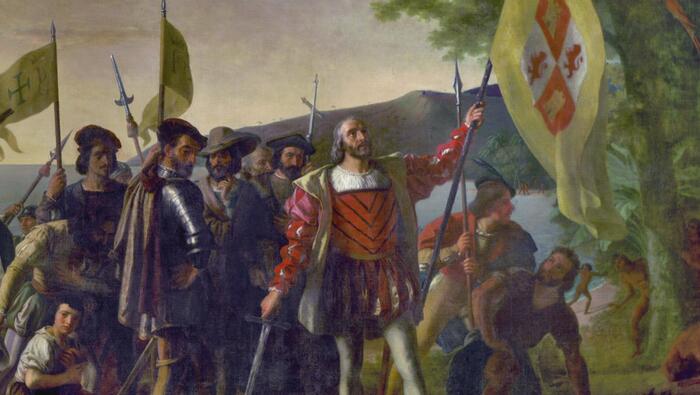
Christopher Columbus
This is a timeline of the life of the Italian explorer, Christopher Columbus. An admiral, and navigator, he set sail westwards from Spain in 1492 with the aim of arriving in the Far East, but instead, landed in the Americas, then unknown to Europeans. Seen as a hero and pioneer by some, by others he is seen as someone whose arrival brought suffering to people living in the Americas.
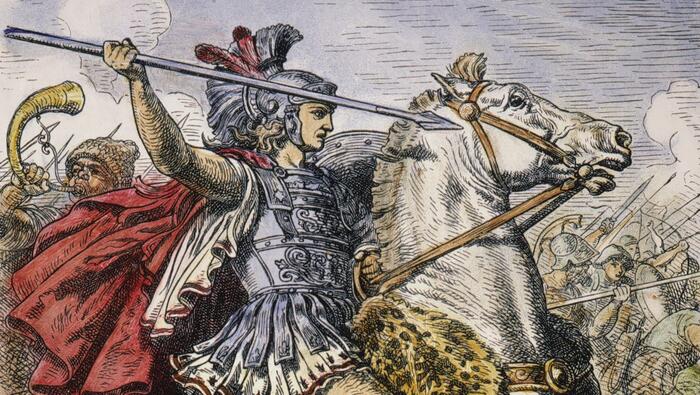
Alexander the Great
This is a timeline of the life of Alexander the Great, one of the most successful military generals in ancient history. He became king of Macedon at the age of 20 and went on to create the largest empire ever assembled at that point in history, which included parts of Europe, Africa, Asia, and stretched from Greece to northern India.
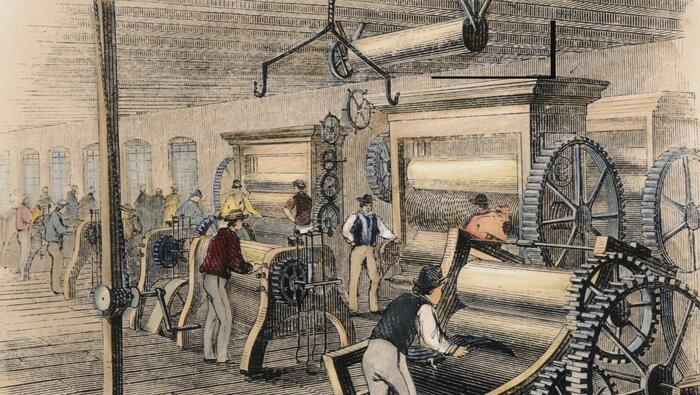
The Industrial Revolution
The Industrial Revolution was a period of significant change in human history that began in Britain in the 1700s and lasted for two centuries. It was marked by the rise of machines and manufacturing, which transformed the way people lived and worked, and led to the widespread adoption of new technologies and innovations.
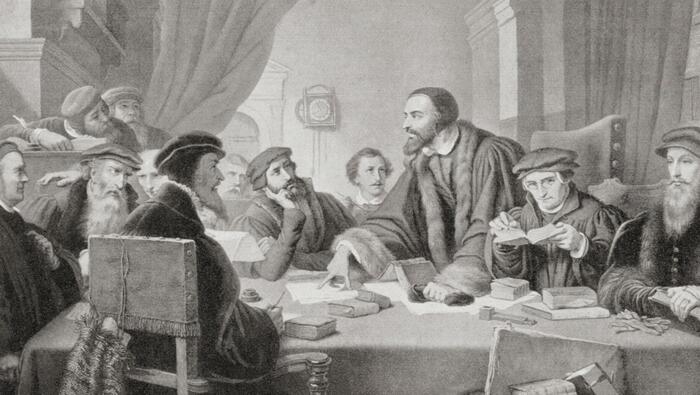
The Reformation
The Reformation was a 16th and 17th century movement challenging the Catholic Church in Europe. Led by Martin Luther, it sparked the rise of Protestantism and led to religious conflicts across Europe. It ended with a series of treaties in 1648, however the consequences of the reformation were devastating for the population of Europe.
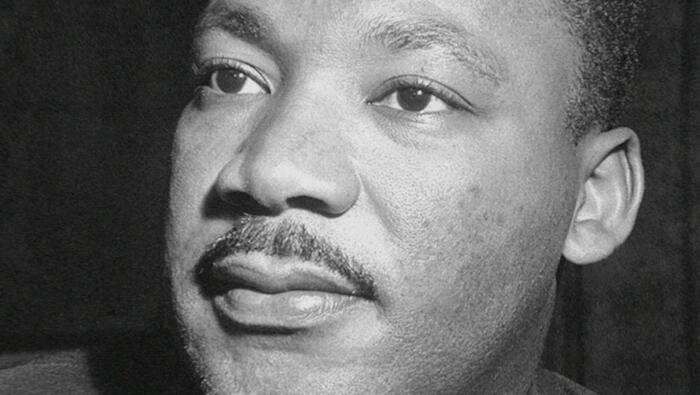
Martin Luther King Jr
Martin Luther King Jr, an influential activist and Christian minister, led the Civil Rights Movement to fight for the rights of African Americans through the 1950s and 60s. He believed in non-violent protest and his work helped to tear down racial segregation and inspire generations of activists seeking Civil Rights and a more equal society.
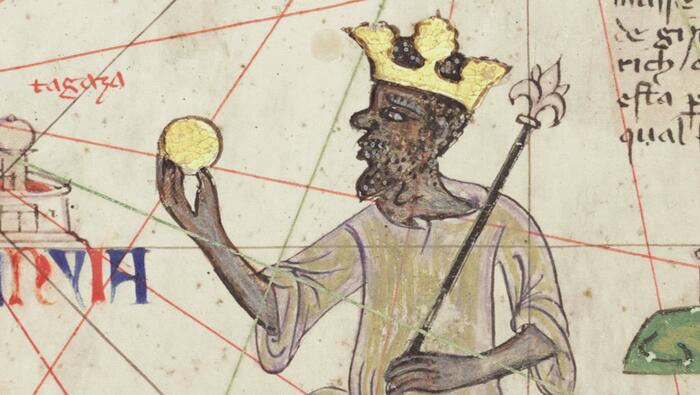
African Kingdoms
This is a timeline of the rise and fall of Africa's once powerful kingdoms. Built on trade in resources such as gold, ivory, and salt, as well as enslaved people, these kingdoms were ultimately conquered by European nations in the Scramble for Africa in the 19th century, with only Liberia and Ethiopia remaining independent.
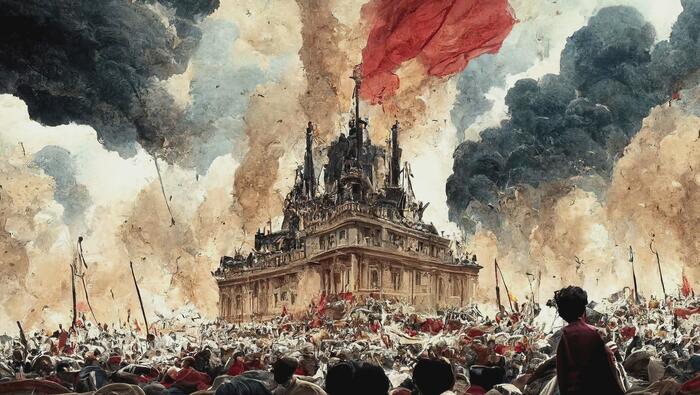
French Revolution
This is a timeline of the French Revolution and its aftermath, from 1789 to 1799. It saw ordinary working people rise up against corrupt rulers in the name of liberty, equality and fraternity. After one-thousand years of royal rule, a new republic was formed – but how long would it last?
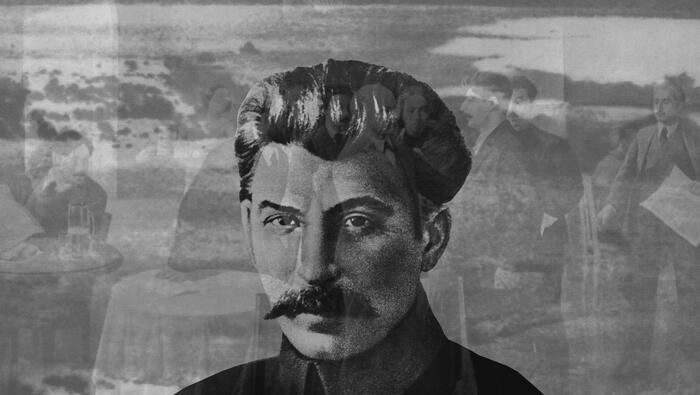
Joseph Stalin
This is a timeline of the life of Joseph Stalin, leader of the Soviet Union. Shaped by revolutionary forces, he rose through the ranks of the Communist Party to become one of the world's most powerful leaders. He led USSR through the horrors of the Second World War, fighting on the side of the Allies in the defeat of Germany.
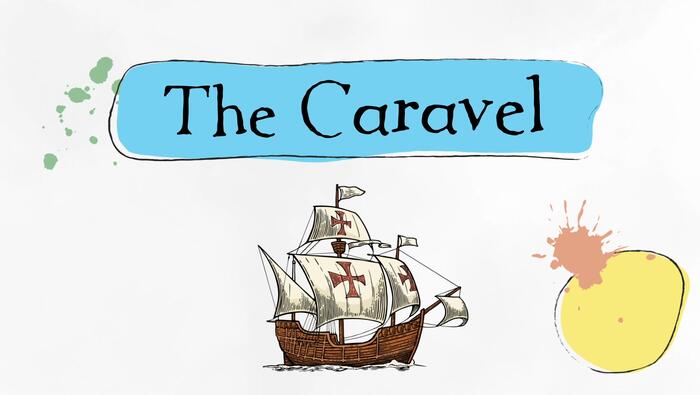
The Caravel
The caravel was a new kind of sailing ship that harnessed the power of the wind to dominate the seas. From its invention by Prince Henry of Portugal to Christopher Columbus' historic voyage across the Atlantic, invention of caravel revolutionised exploration, opened up new horizons, and forever changed the course of world history.

Greta Thunberg
This is a timeline of the life of Greta Thunberg and her rise as a global climate activist. Swedish activist Greta Thunberg's lone school strike for the climate in 2018 evolved into a worldwide movement, inspiring millions to take action against global warming and demanding immediate change from world leaders.
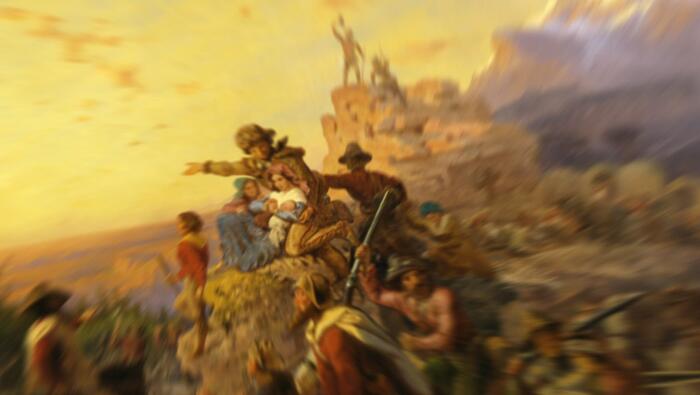
The US Frontier
This is a timeline of US expansion from 1739 to 1869, as explorers, settlers, and fortune seekers pushed westward in search of land and riches. From the first European expedition to the Rocky Mountains to the completion of the transcontinental railroad, the westward expansion shaped the history and interactions with Native American communities.
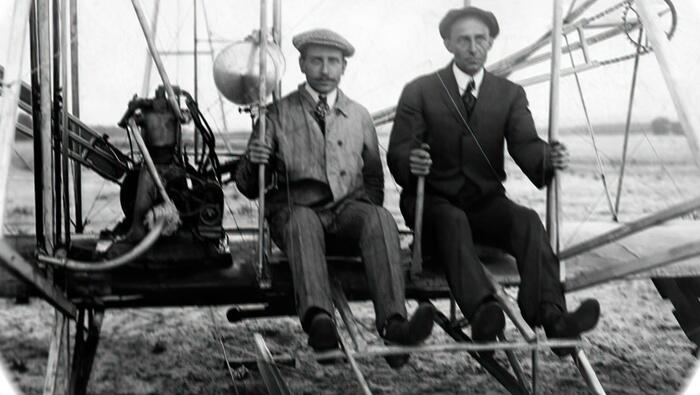
Aircraft and Aviation
This is a timeline of the evolution of aircraft and aviation, from the early experiments with hot air balloons in 1783 to the advancements of modern-day aviation. From the Wright Brothers' historic flight in 1903 to the development of jet engines, supersonic passenger jets, and unmanned drones, aviation continues to push the boundaries of innovation and shape the way we travel and explore the skies.
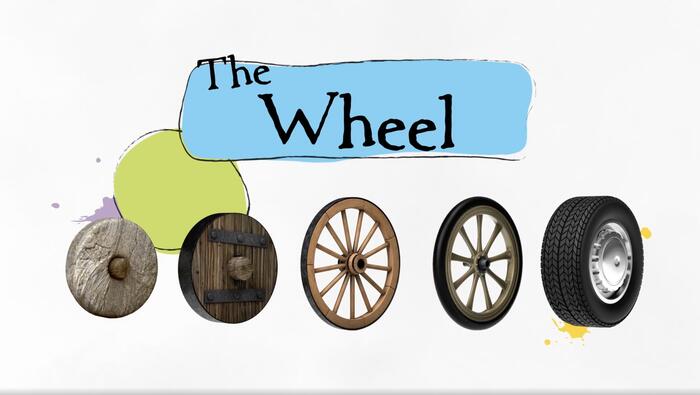
The Wheel
One of the most significant inventions ever conceived - the wheel - revolutionised the world through its profound impact on travel, trade, and machinery. Originating from rudimentary stone wheels to the emergence of sleeker and swifter designs, it remains an unstoppable force that propels our modern world forward.
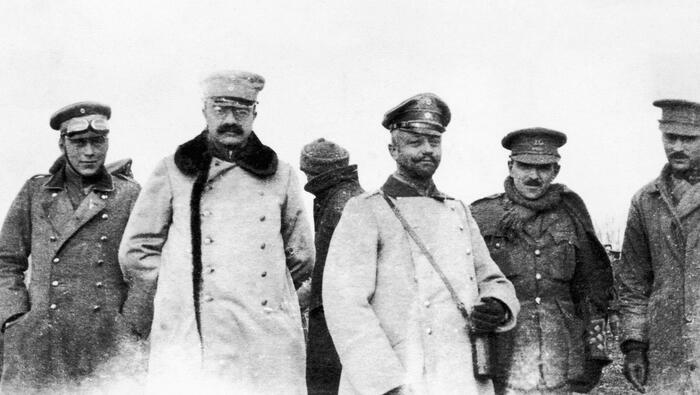
World War I: Part One
This is a timeline of the first half of World War I, from 1882 to 1916, as alliances form, assassinations spark conflicts, and trench warfare becomes the norm. From the assassination of Archduke Franz Ferdinand and the brutal warfare on the Western Front, this war becomes a deadly struggle that shapes the course of history.
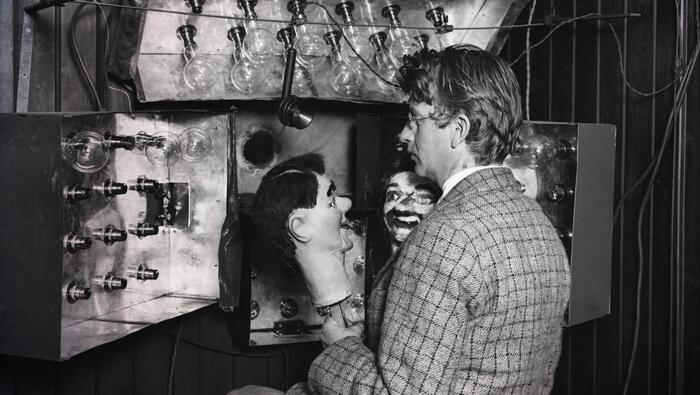
John Logie Baird
This is a timeline of Scottish engineer and inventor John Logie Baird’s life, from 1888 to 1946. From his early experiments in transmitting moving images to the development of color and three-dimensional television, Baird's groundbreaking innovations revolutionized the entertainment and technology landscape, shaping our world today.
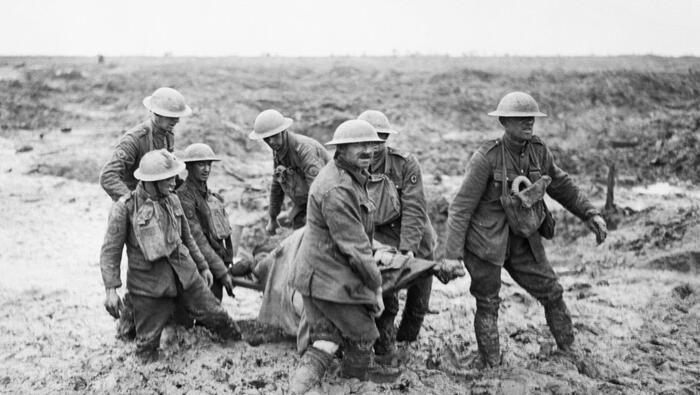
World War I: Part Two
This is a timeline of events during the second half of World War I, from 1916 to 1919. From the devastating Battle of the Somme to the introduction of U-boats and the eventual signing of the Treaty of Versailles, this period witnesses significant battles, shifting alliances, and the profound impact of the war on nations and their people.
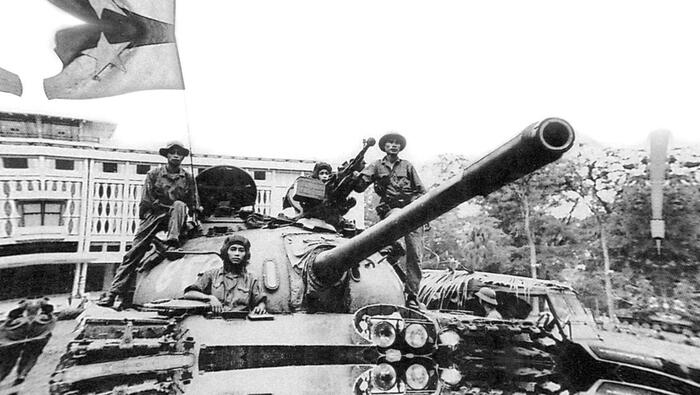
The Vietnam War
This is a timeline of the causes and outcomes of the Vietnam War, which lasted from 1945 to 1975. From the declaration of independence by Ho Chi Minh and the division of Vietnam to the US involvement and the eventual fall of Saigon, the war left a devastating impact on the country and its people.
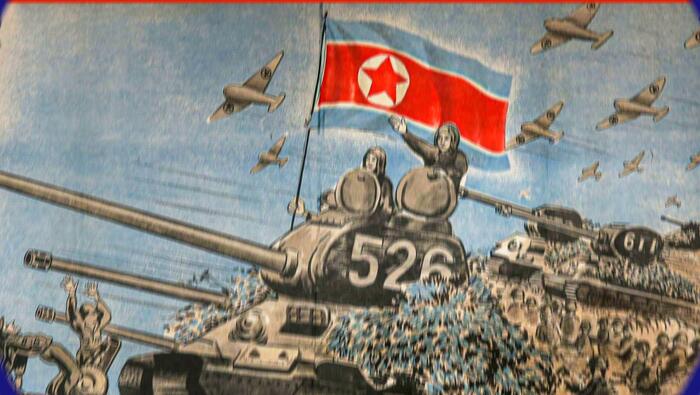
The Korean War
This is a timeline of the Korean War, a conflict that erupted in the 1950s between North and South Korea. The war saw the involvement of international powers, including the United States, China, and the Soviet Union, and resulted in a stalemate and the division of the Korean peninsula into two separate countries.
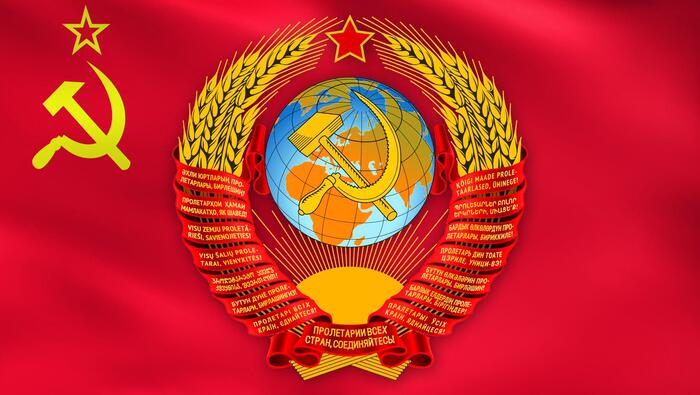
The Soviet Union
This is a timeline of the rise and fall of the Soviet Union, from 1905 to 1991. From the revolution in 1917 to the dissolution in 1991, the Soviet Union emerged as the world's first communist state under the leadership of Vladimir Lenin and later Joseph Stalin, but internal struggles, economic challenges, and demands for independence led to its eventual disbandment.
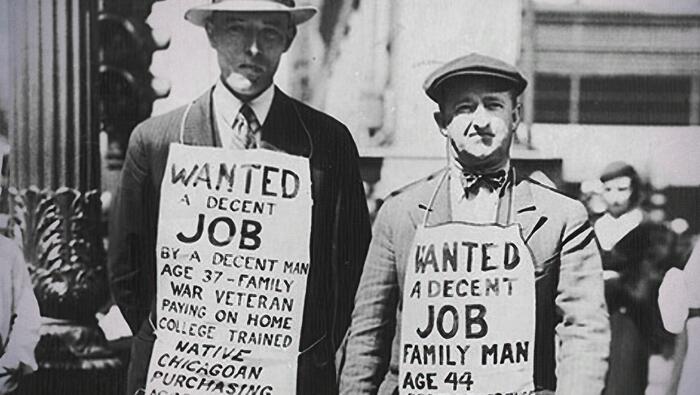
The 1930s
This is a timeline of the 1930s, a decade marked by immense challenges and hardships, from the Great Depression to World War II. The 1930s had a huge impact on nations and families as millions struggled to adapt to changing circumstances. It ended with the world to the brink of destruction.
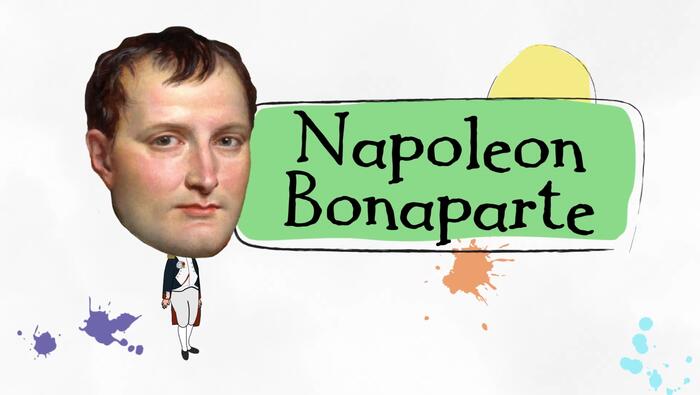
Napoleon Bonaparte
Napoleon Bonaparte proved himself as a young army officer in the French Revolution. He soon became the Emperor of France, and in just eight years, conquered nearly all of Europe. However, he suffered a disastrous defeat invading Russia in 1812 and only a few years later, he finally met his match at the Battle of Waterloo and was sent into exile permanently where he died in 1821.
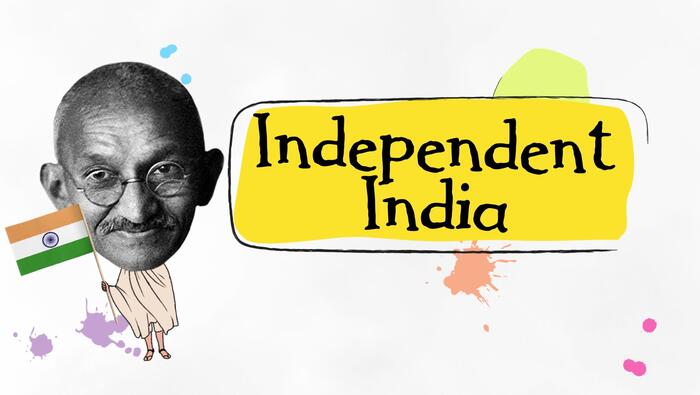
Independent India
Independent India emerged from British colonial rule which began with the East India Company in 1757. Mahatma Gandhi's peaceful protests catalyzed the independence movement in the 1920s. Post-World War II, divergent aspirations led to the 1947 partition into Hindu-majority India and Muslim-majority Pakistan, triggering massive migrations and significant violence.
